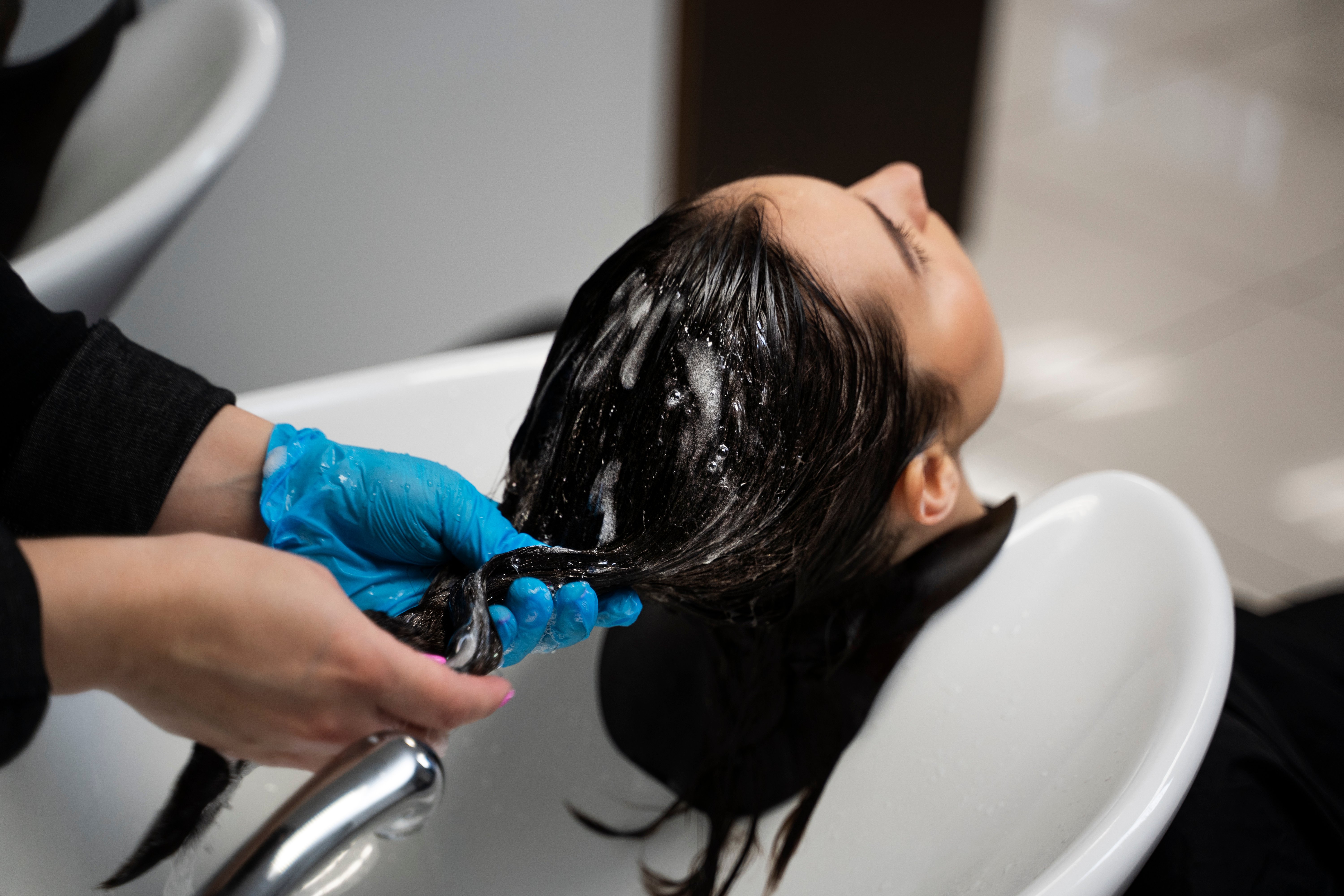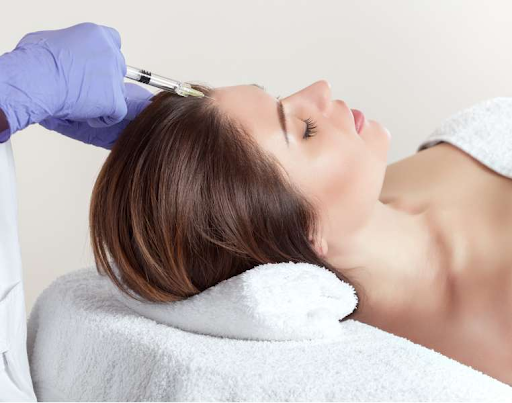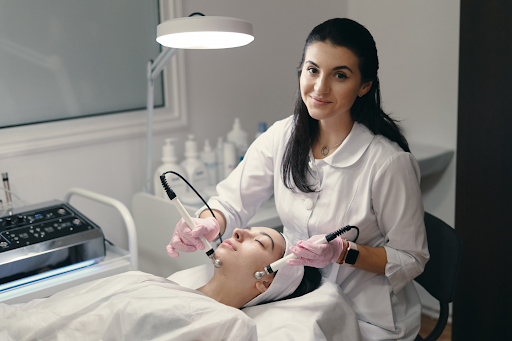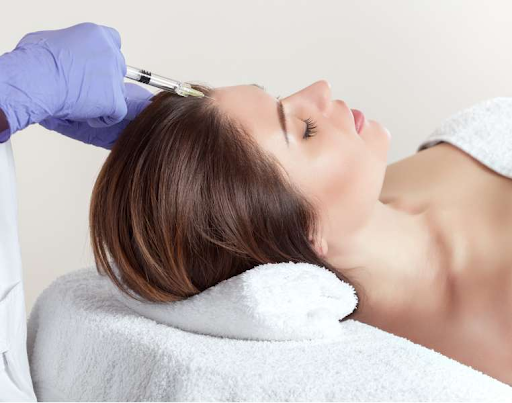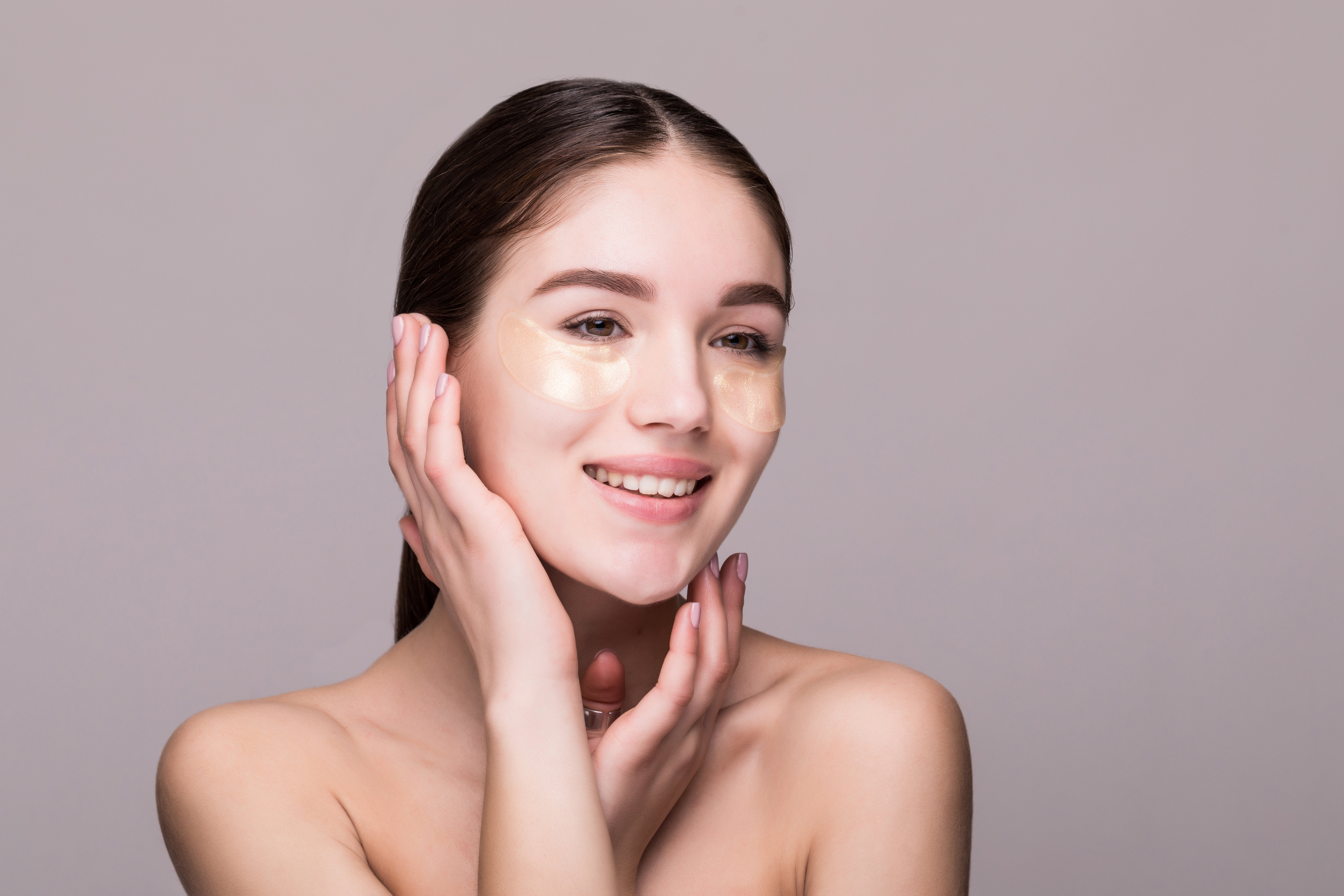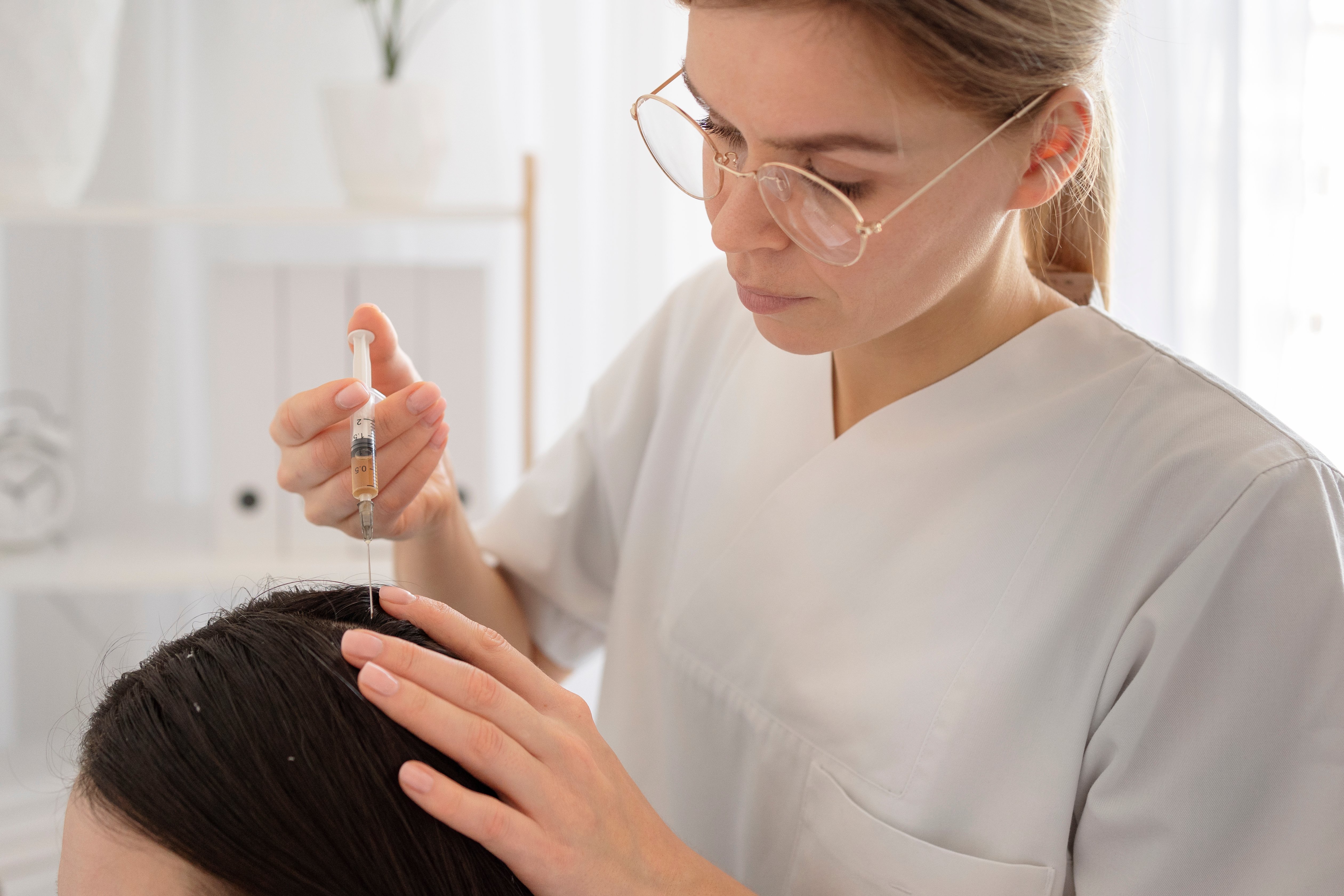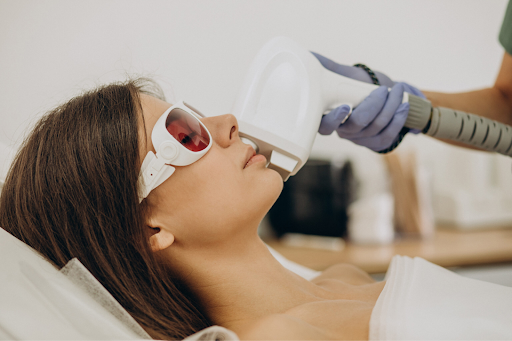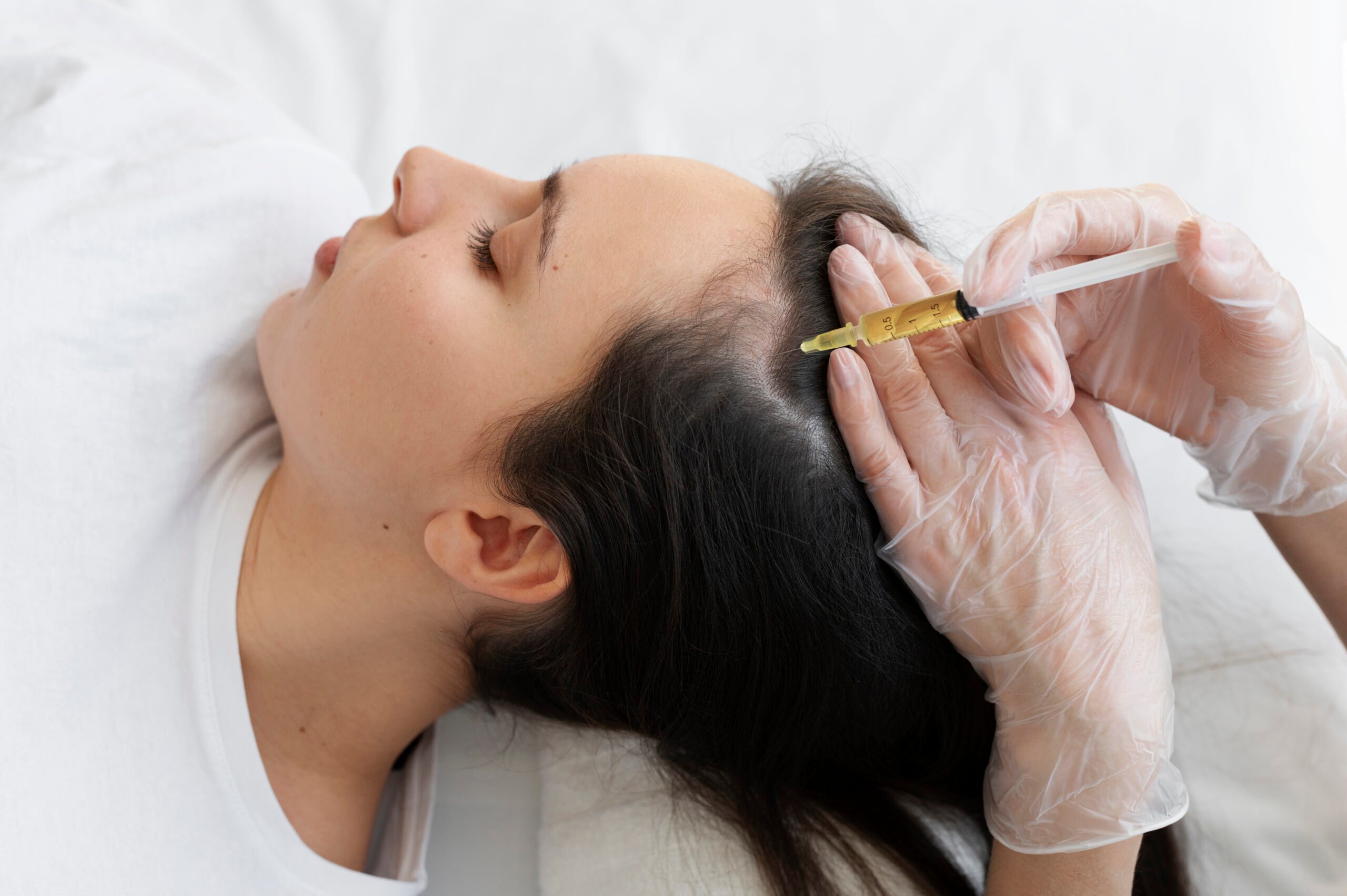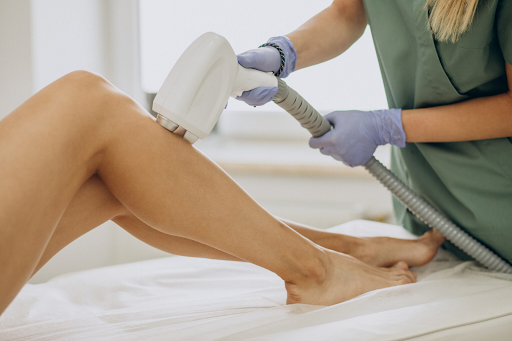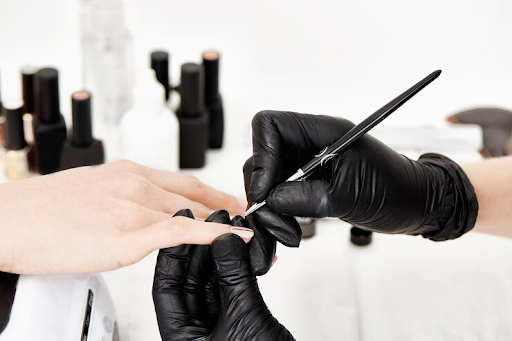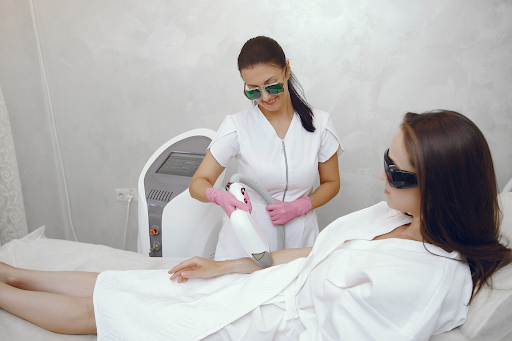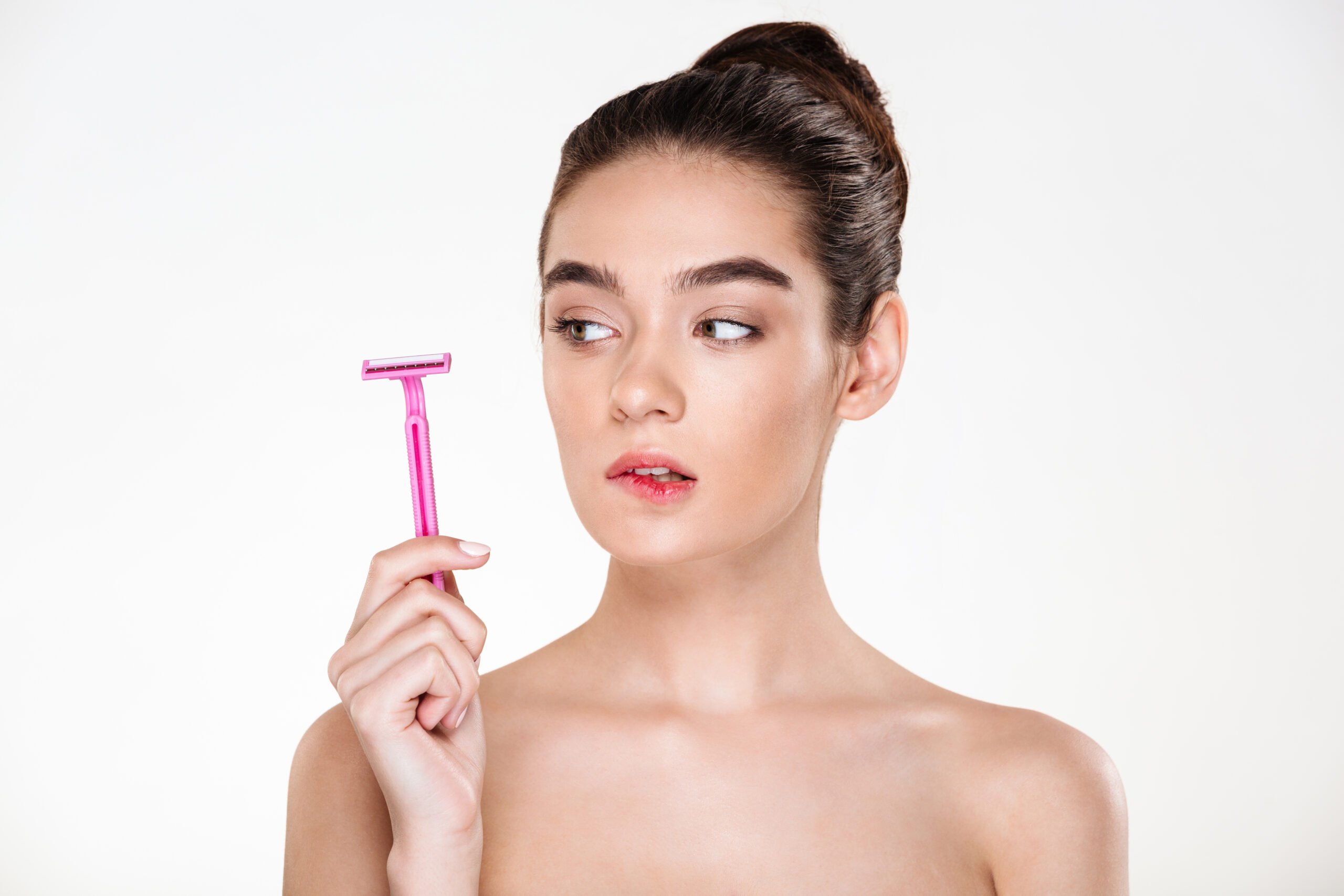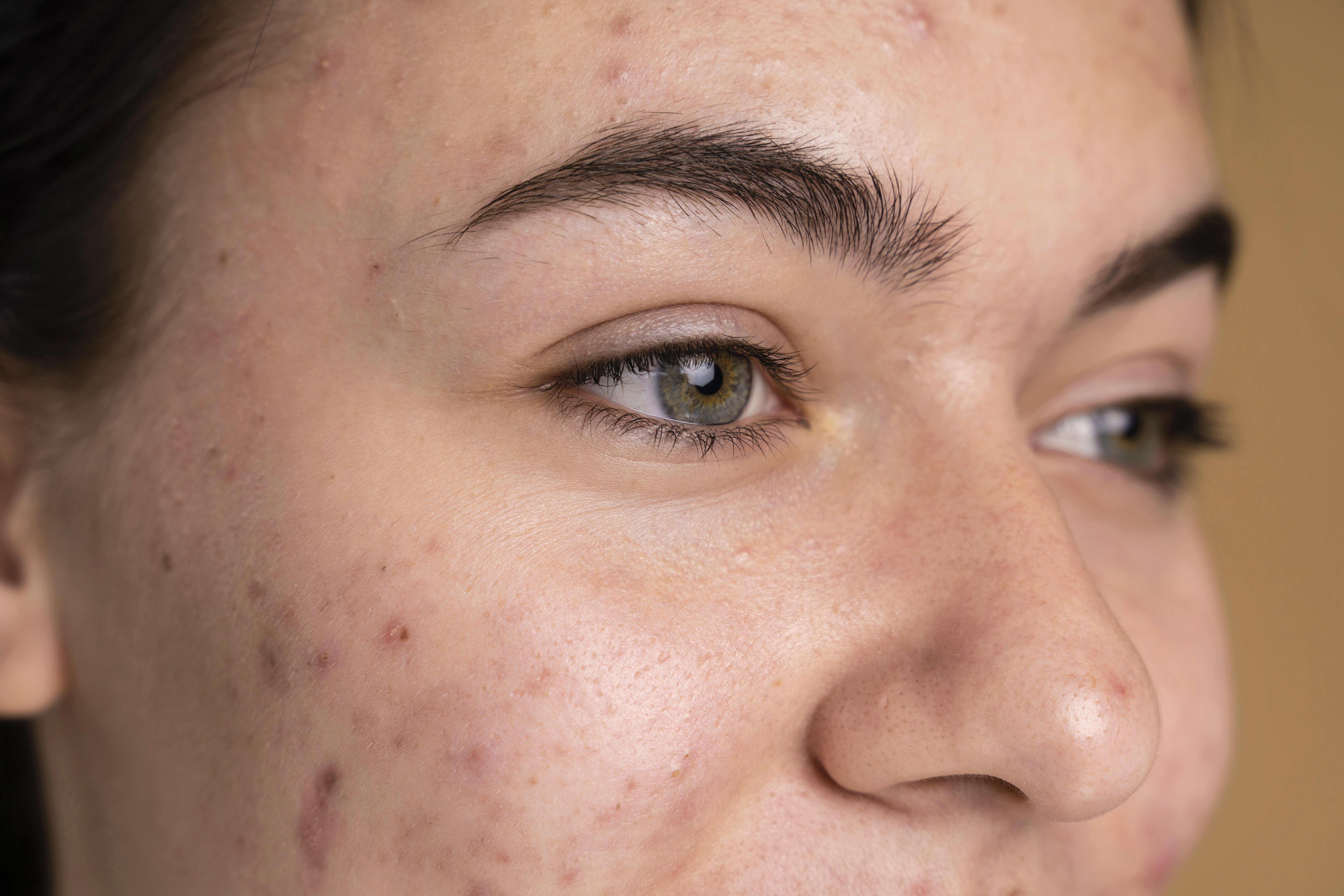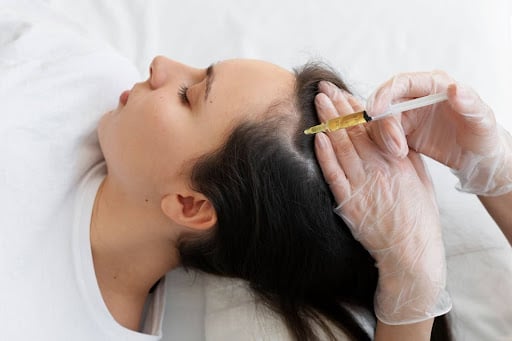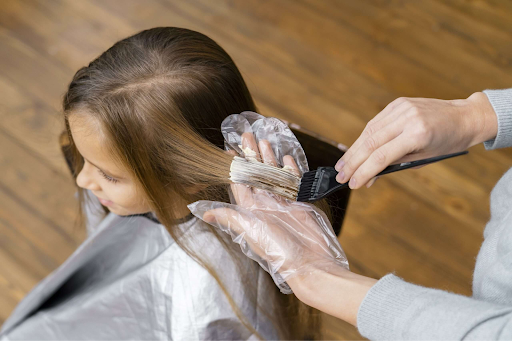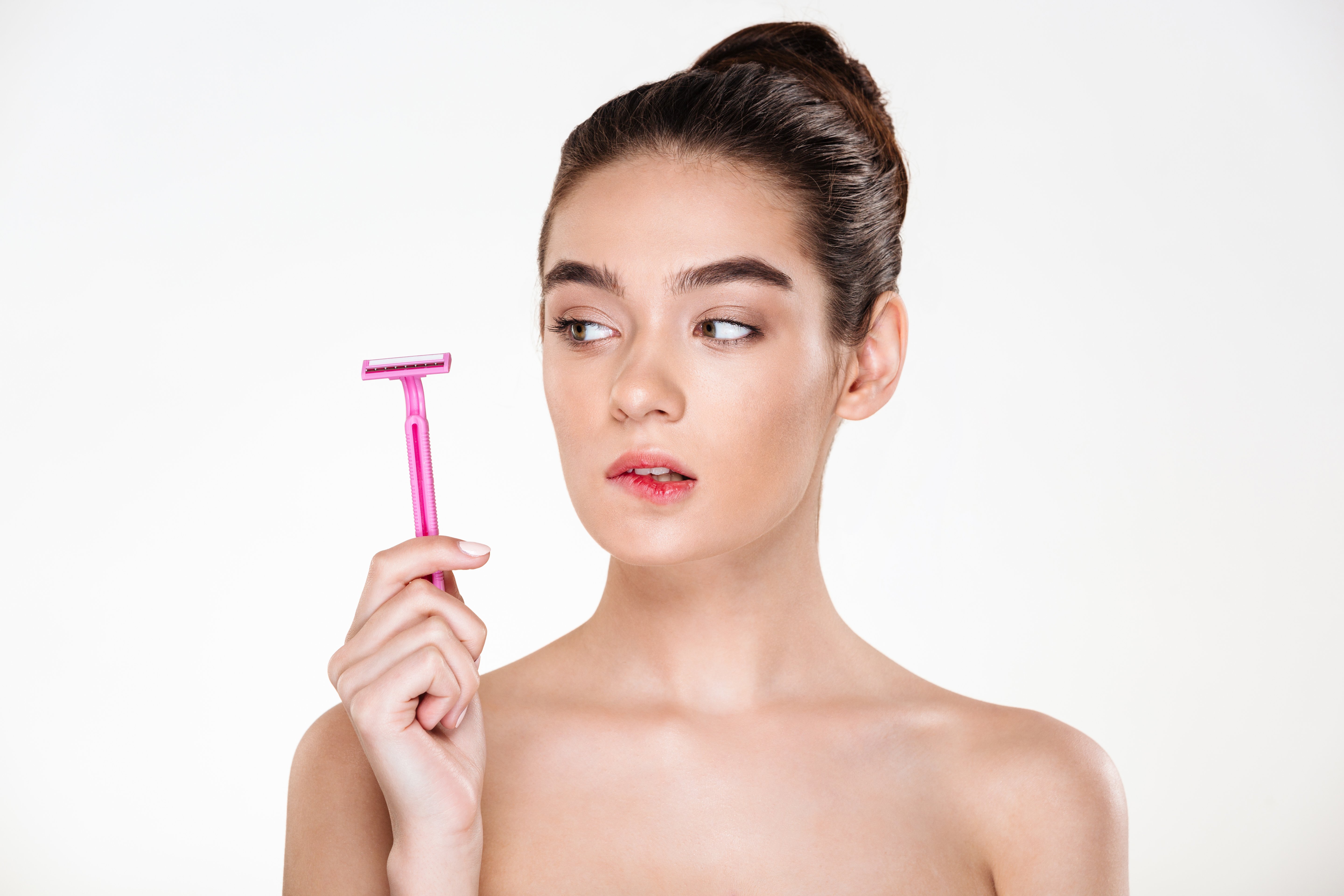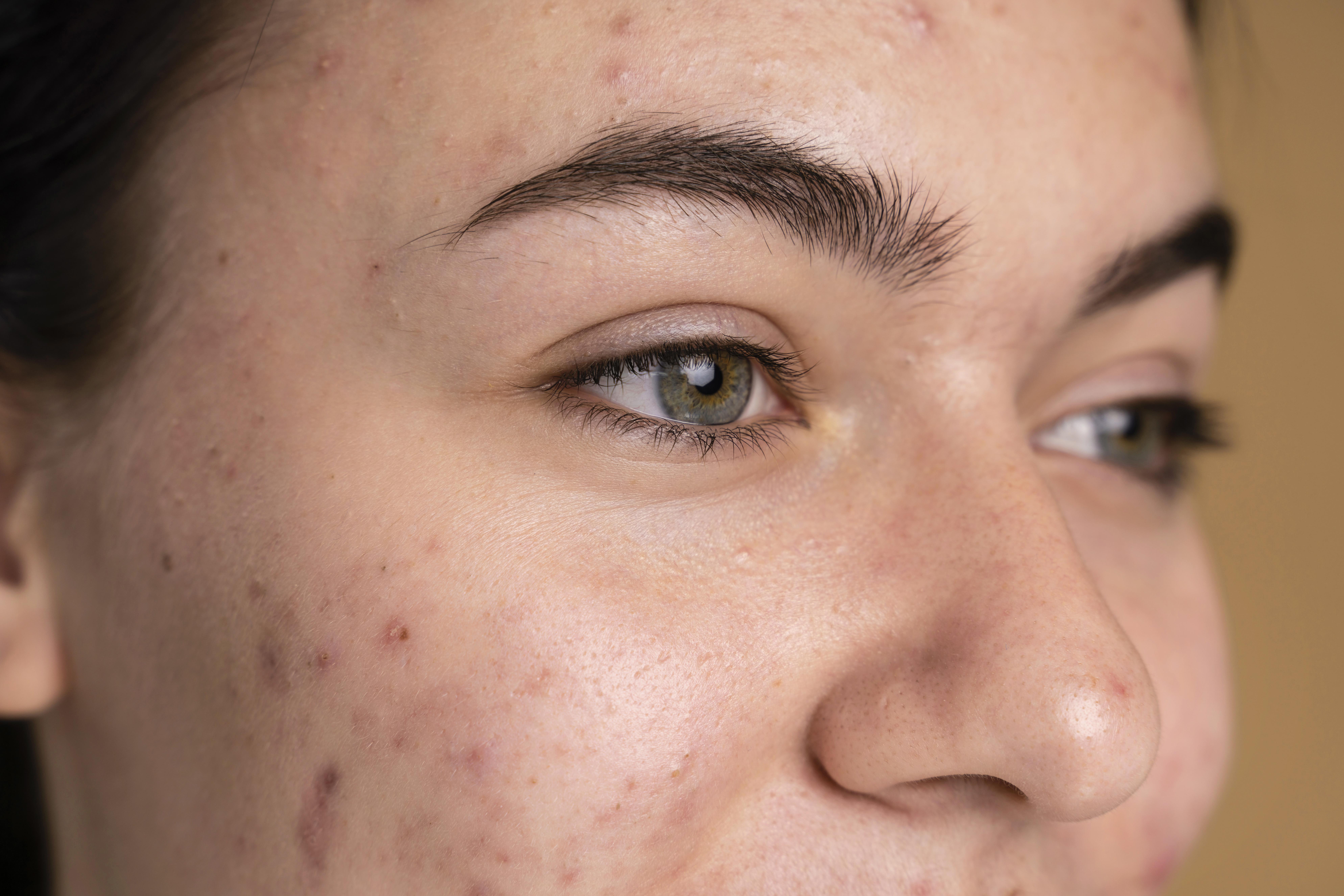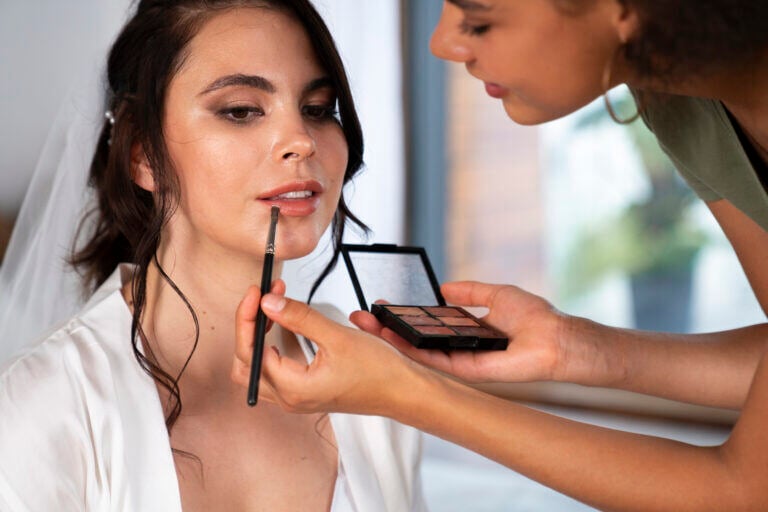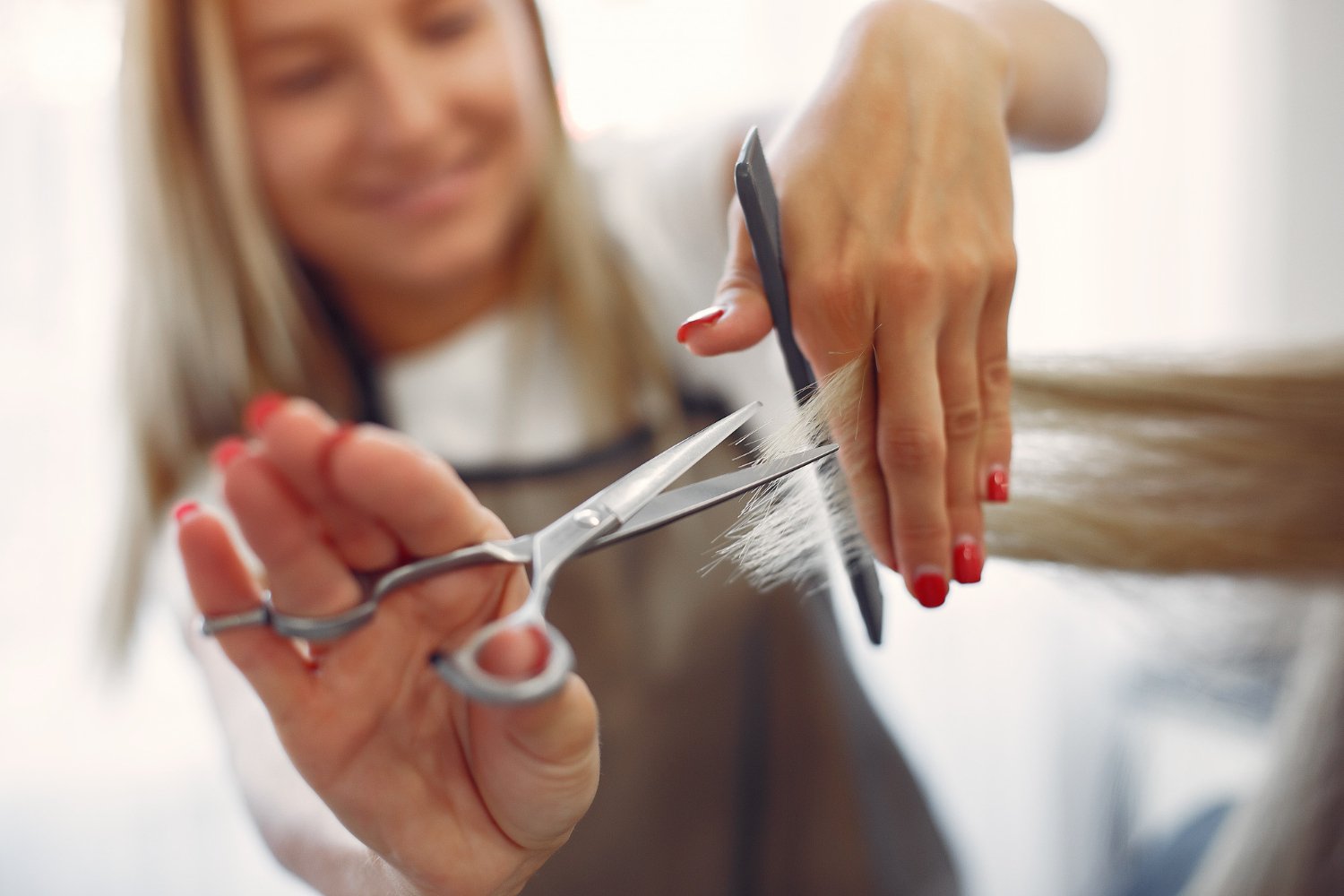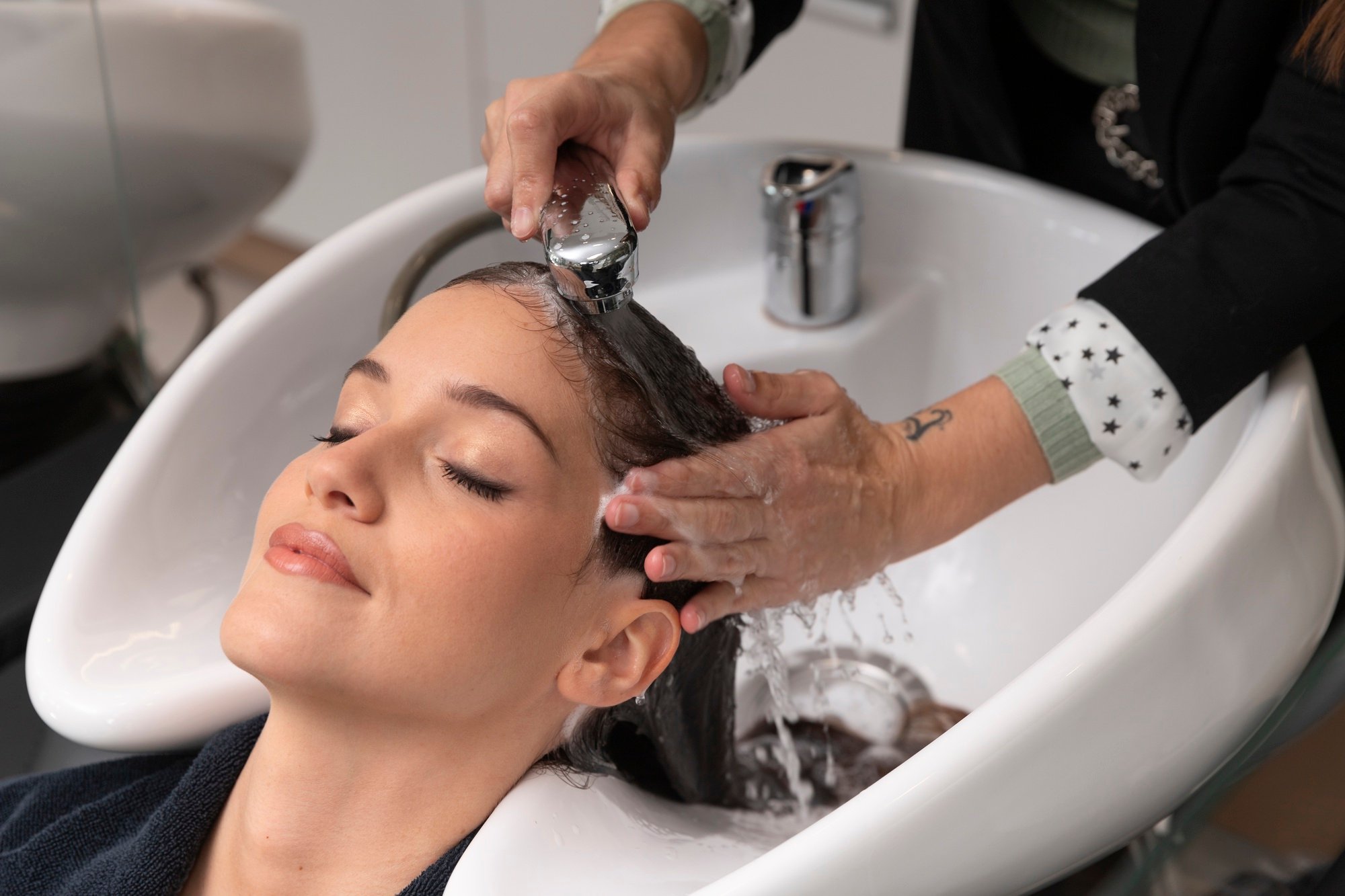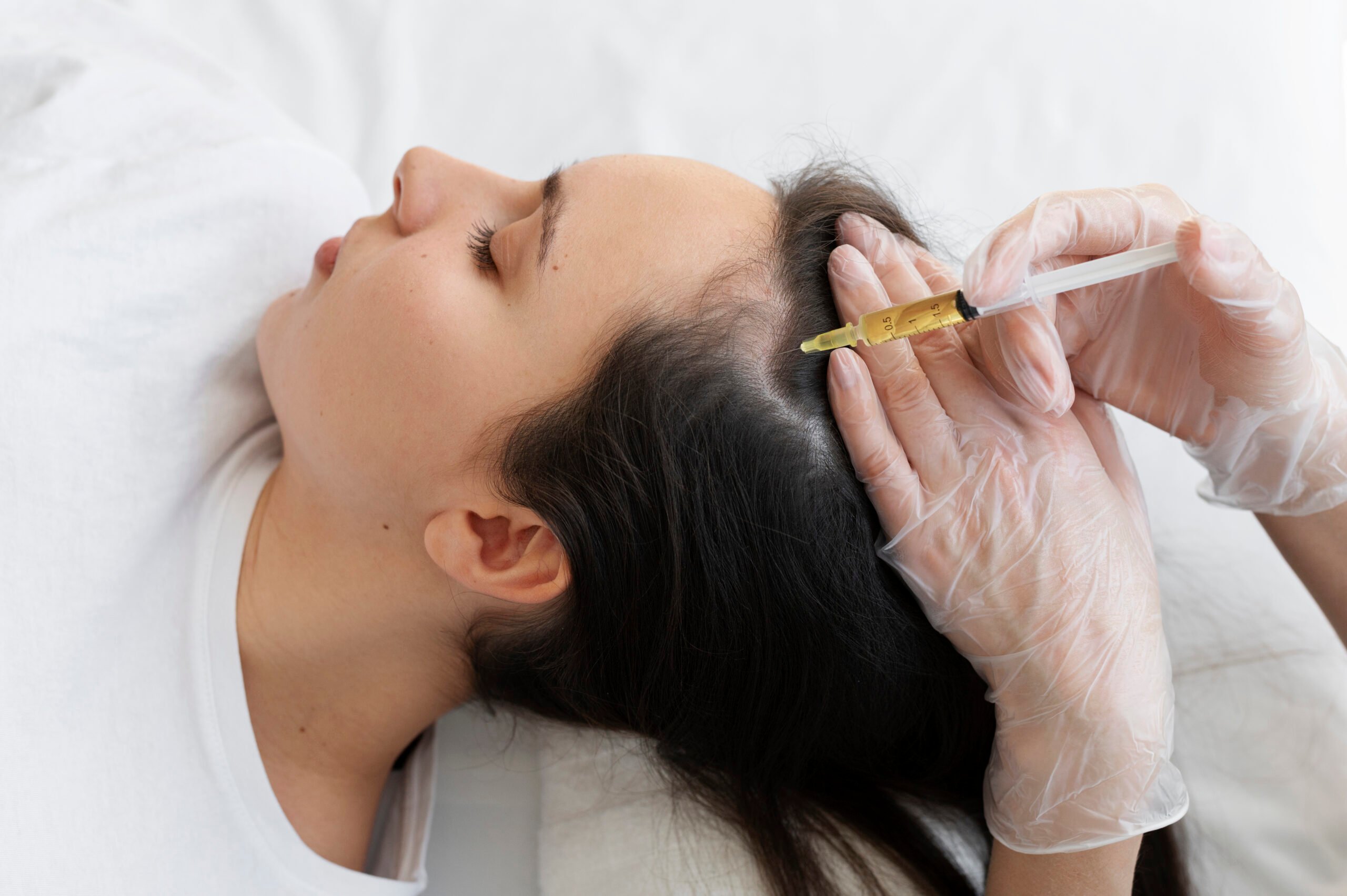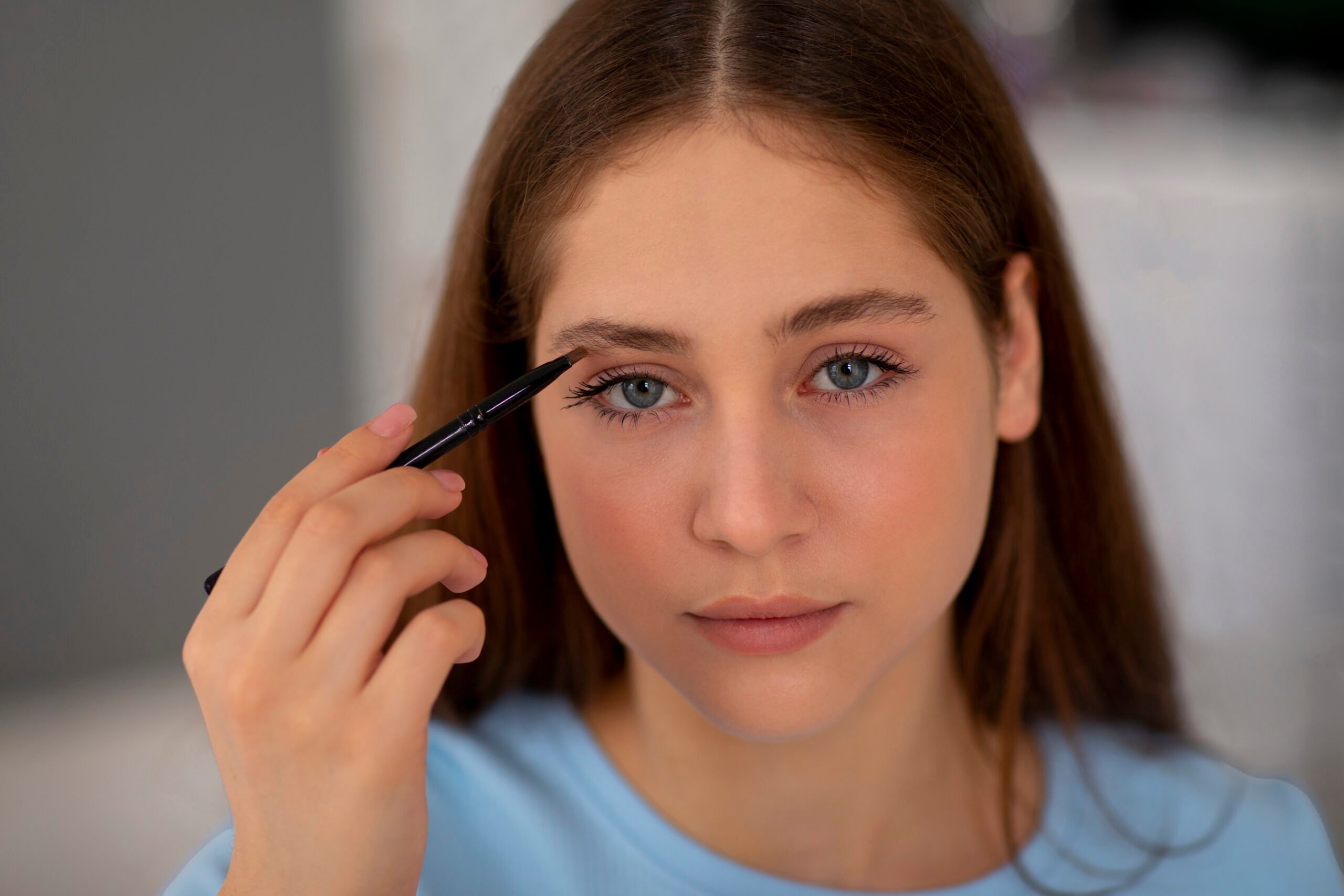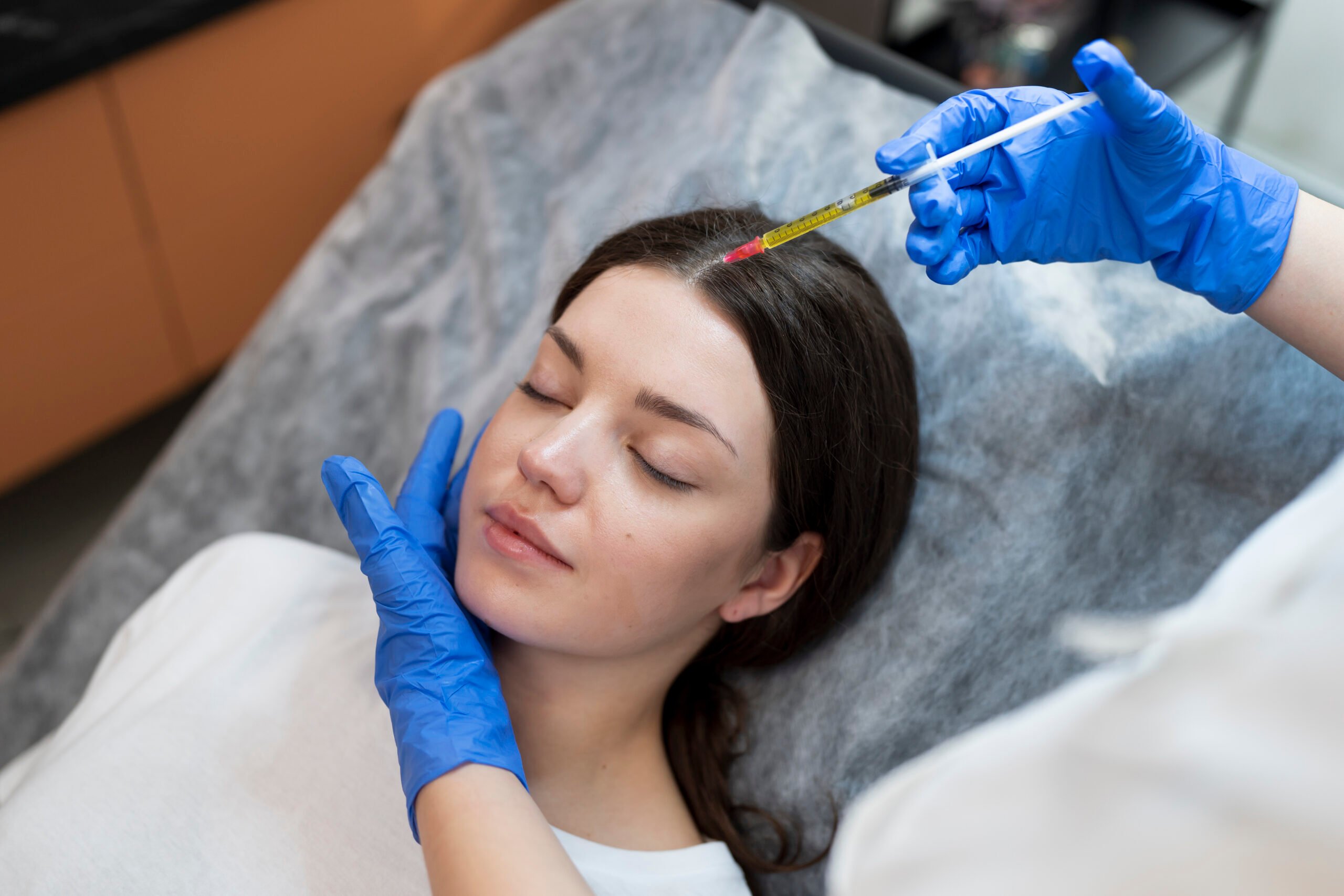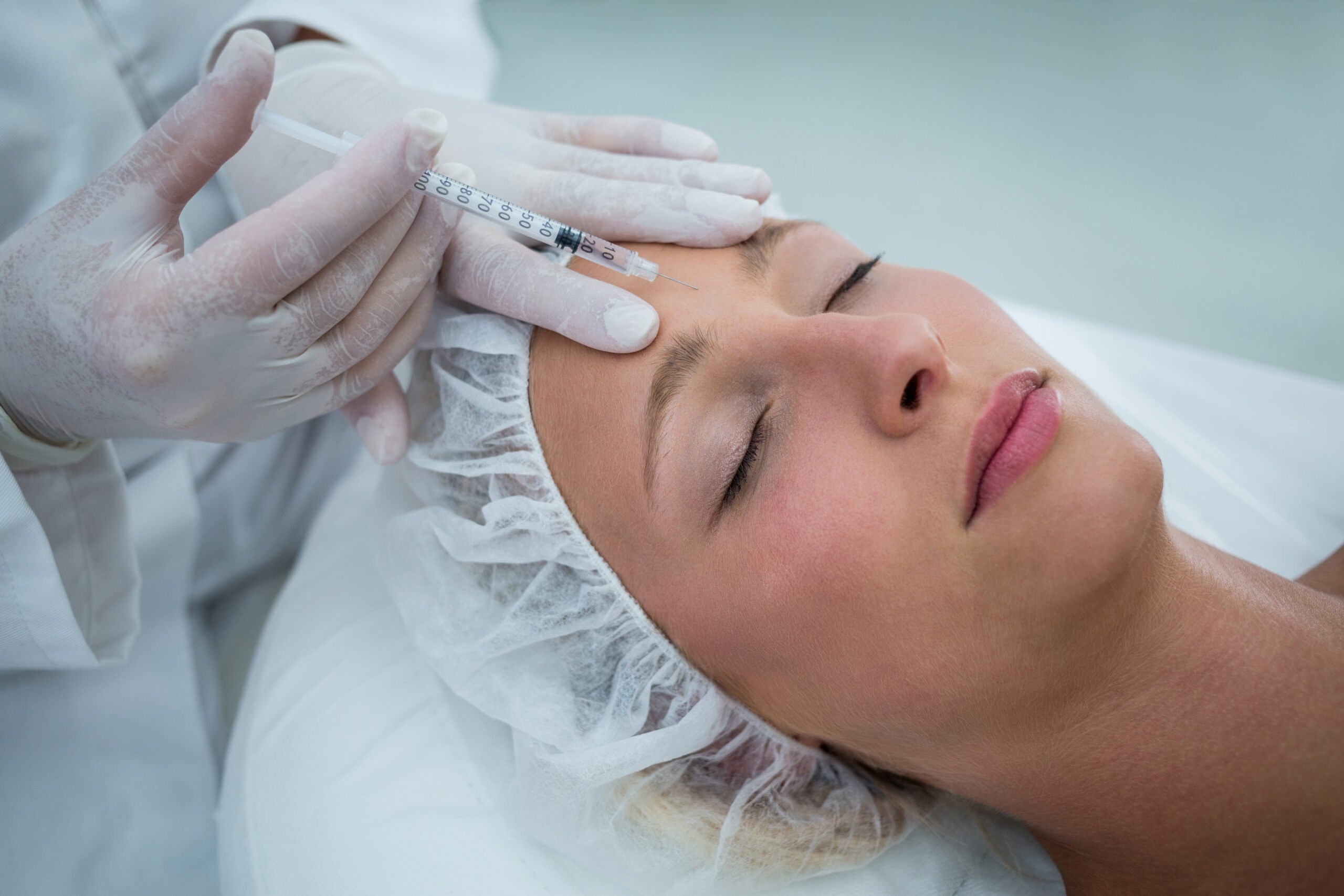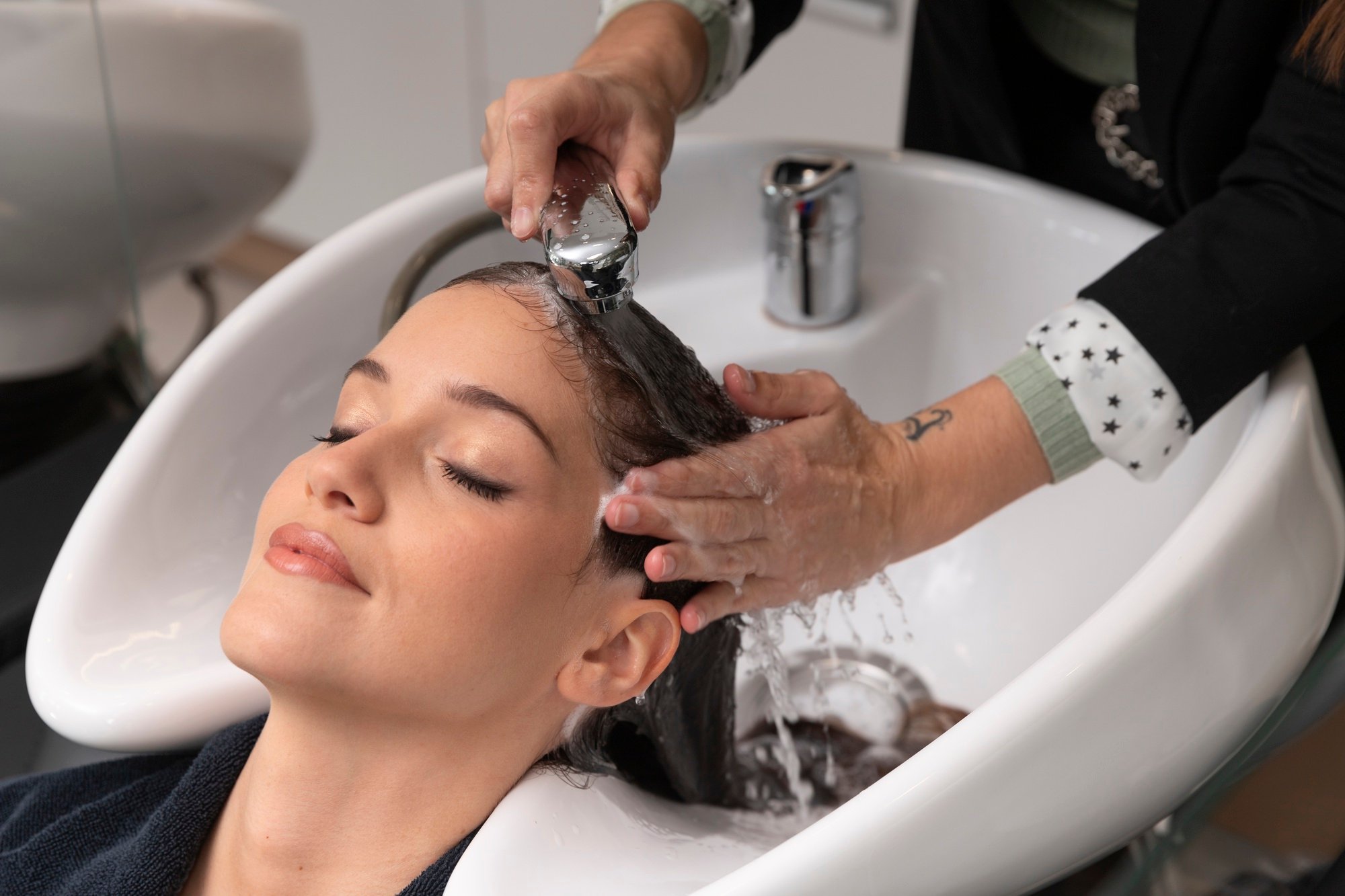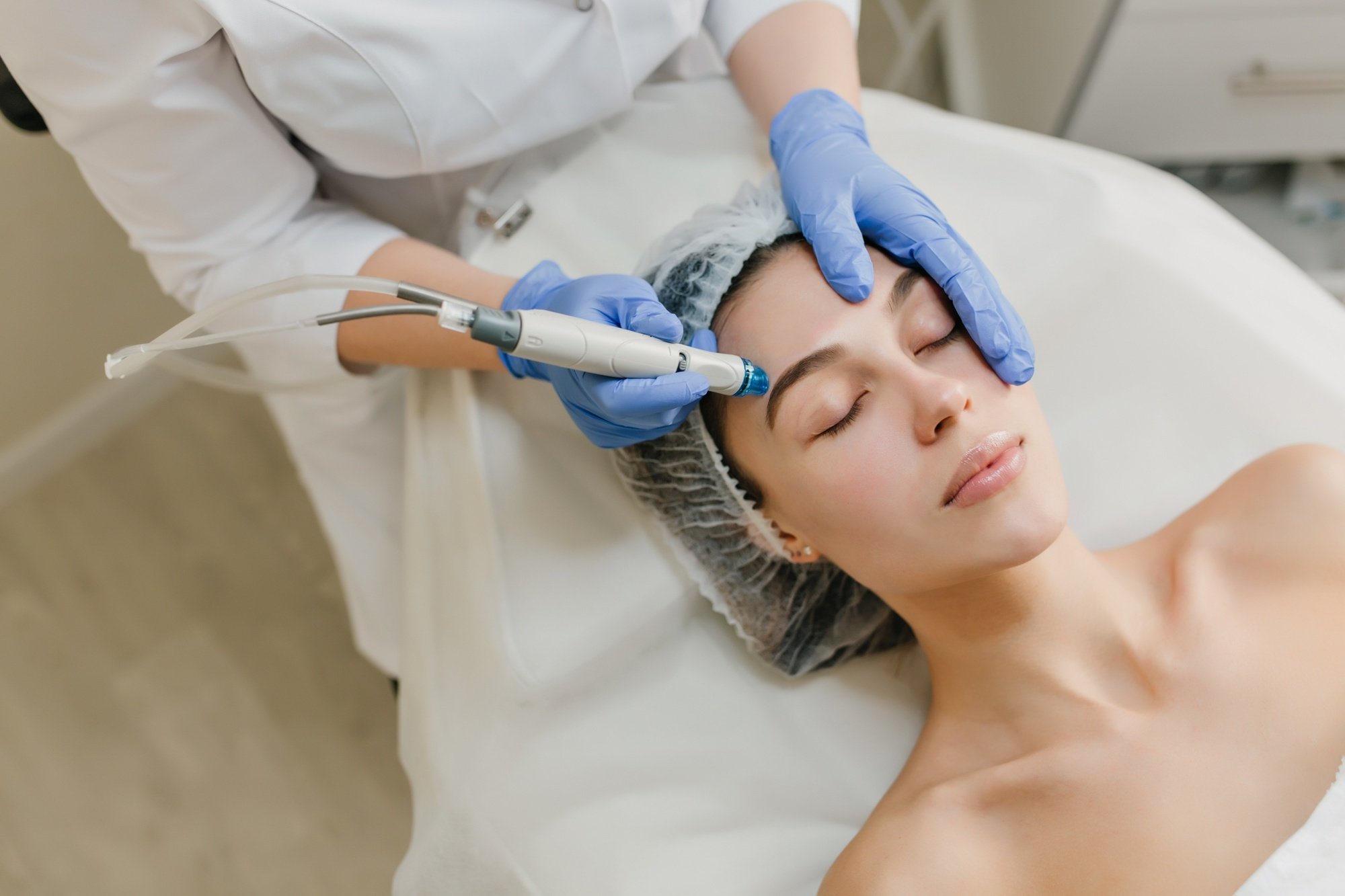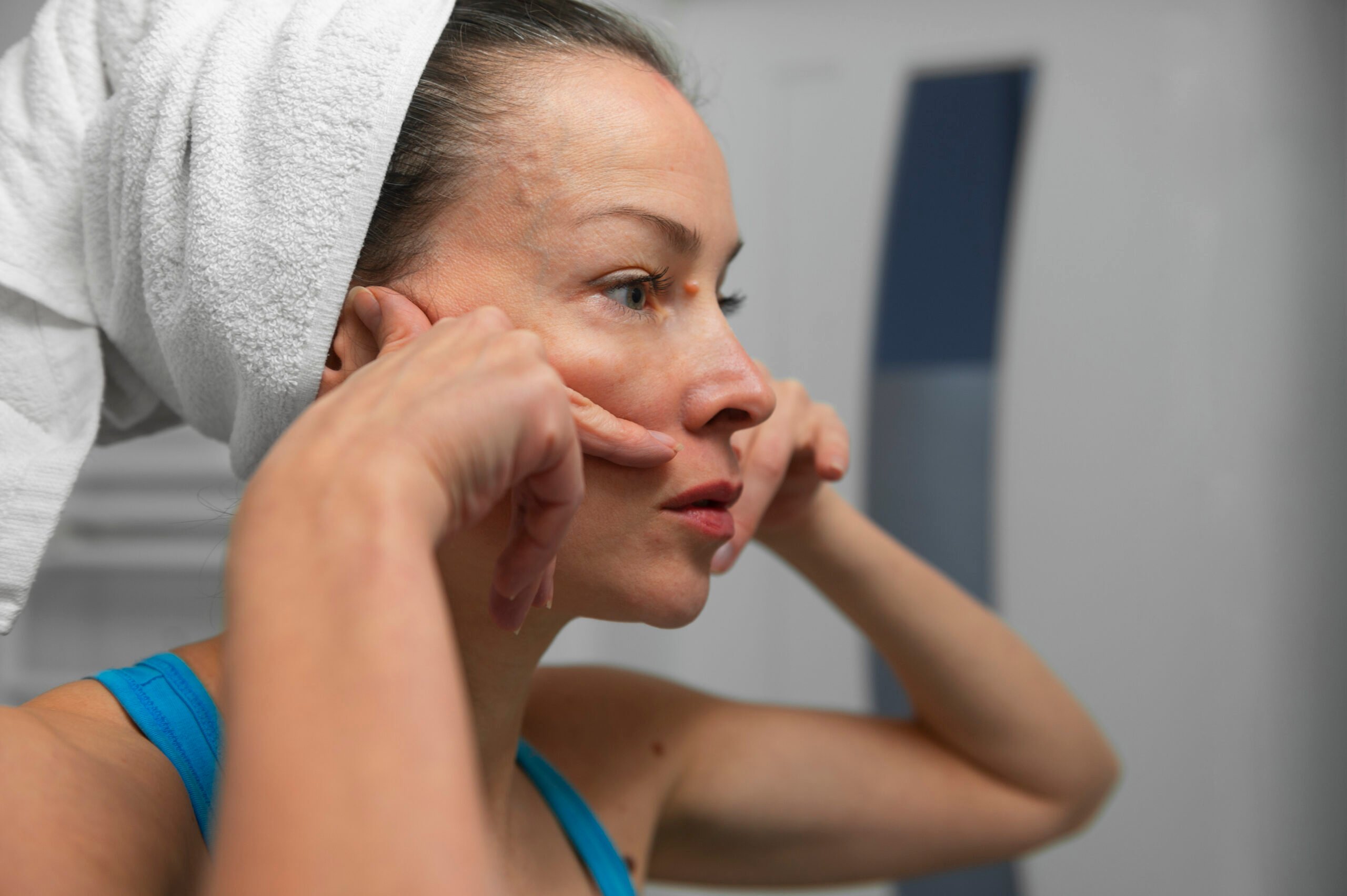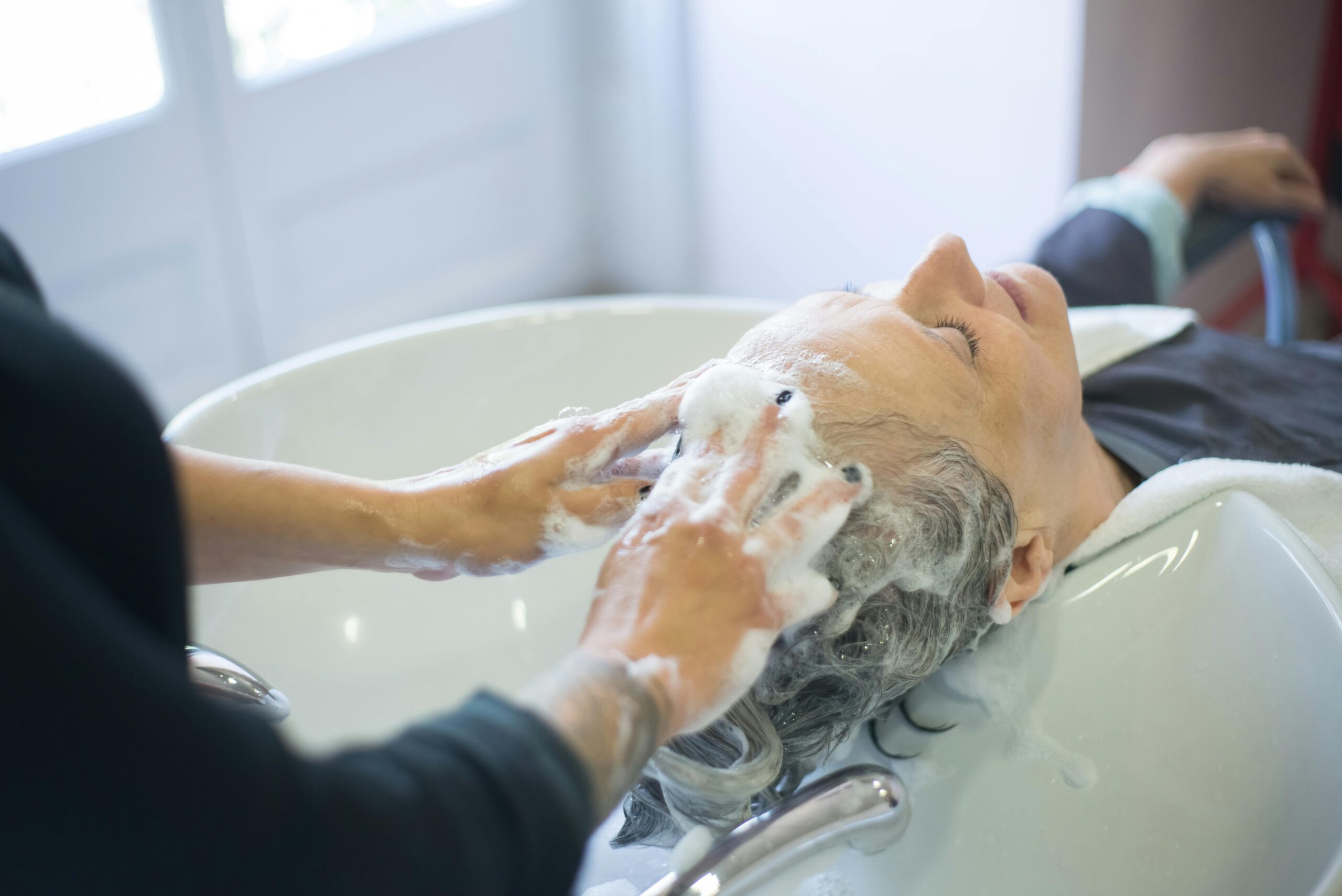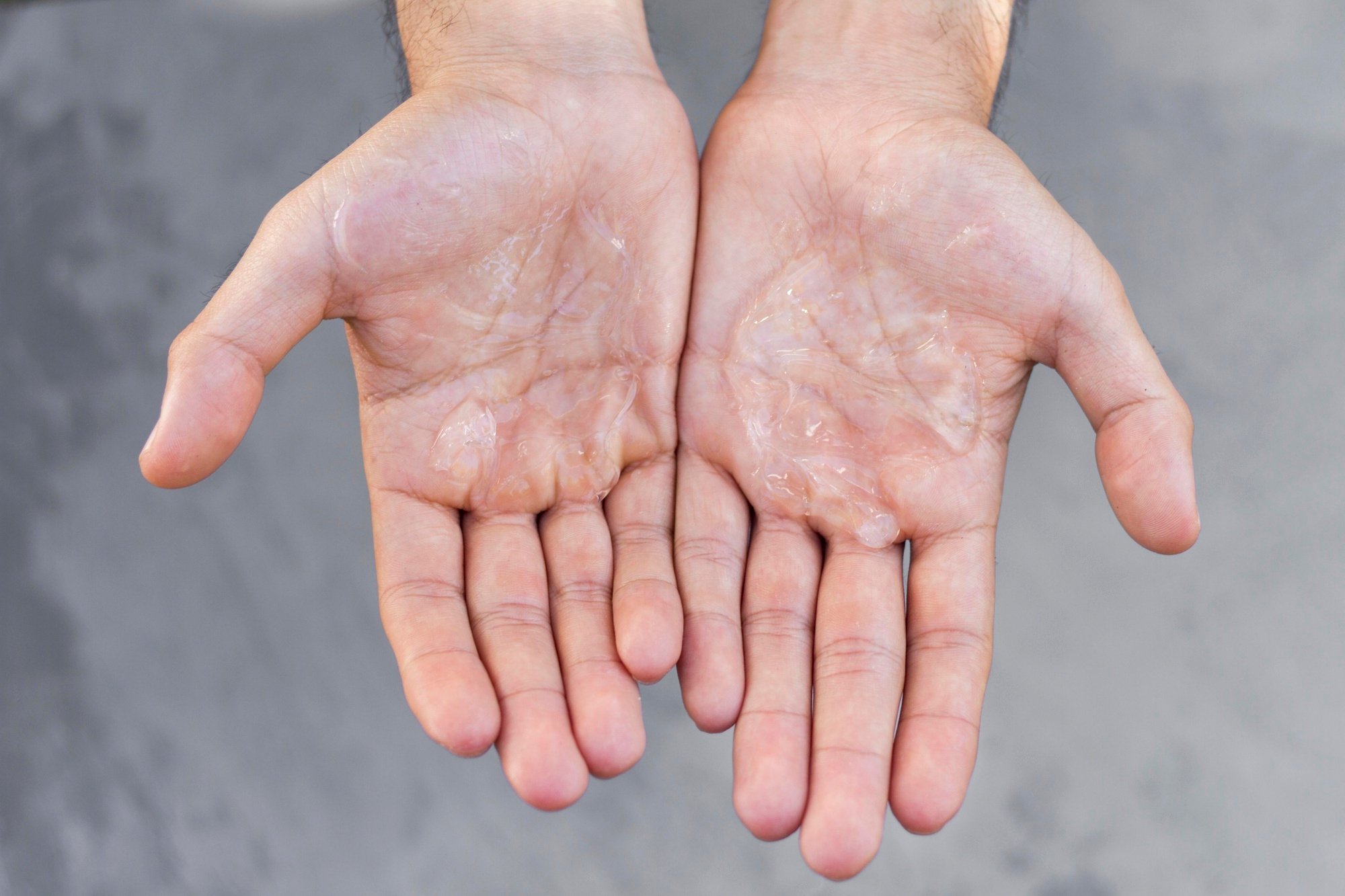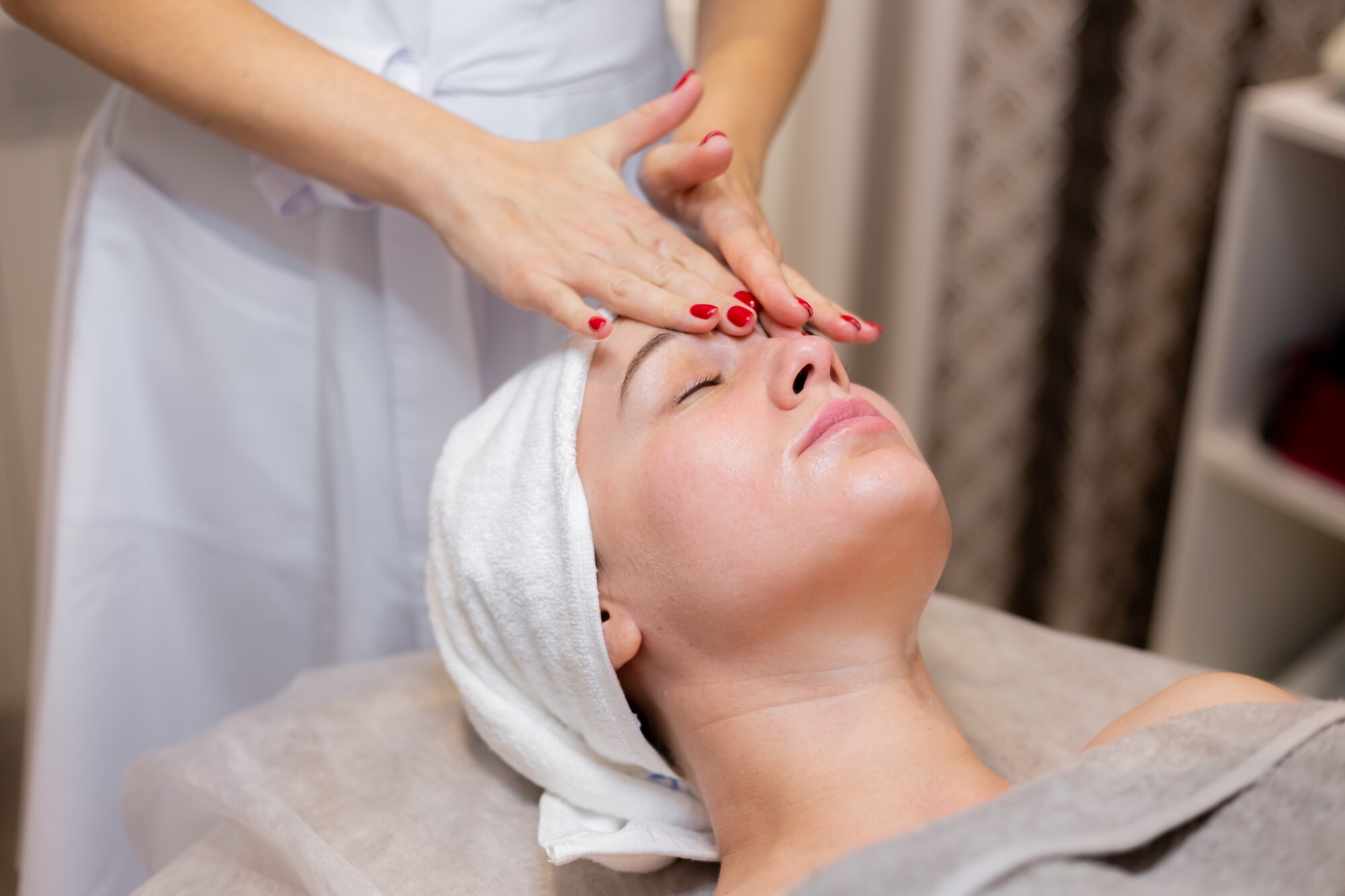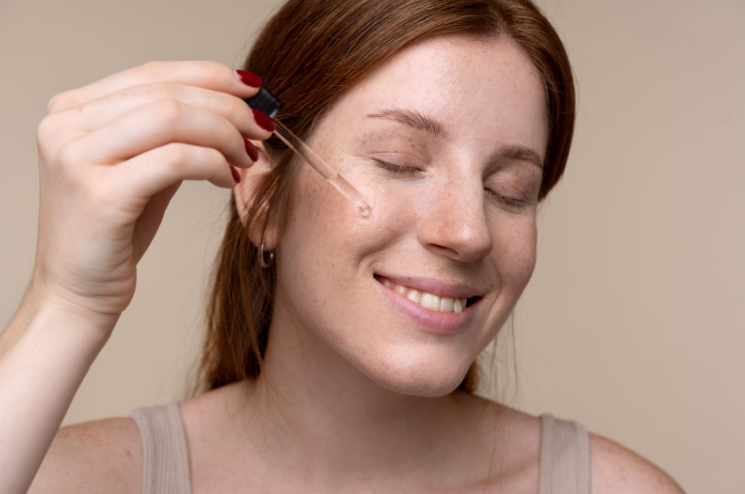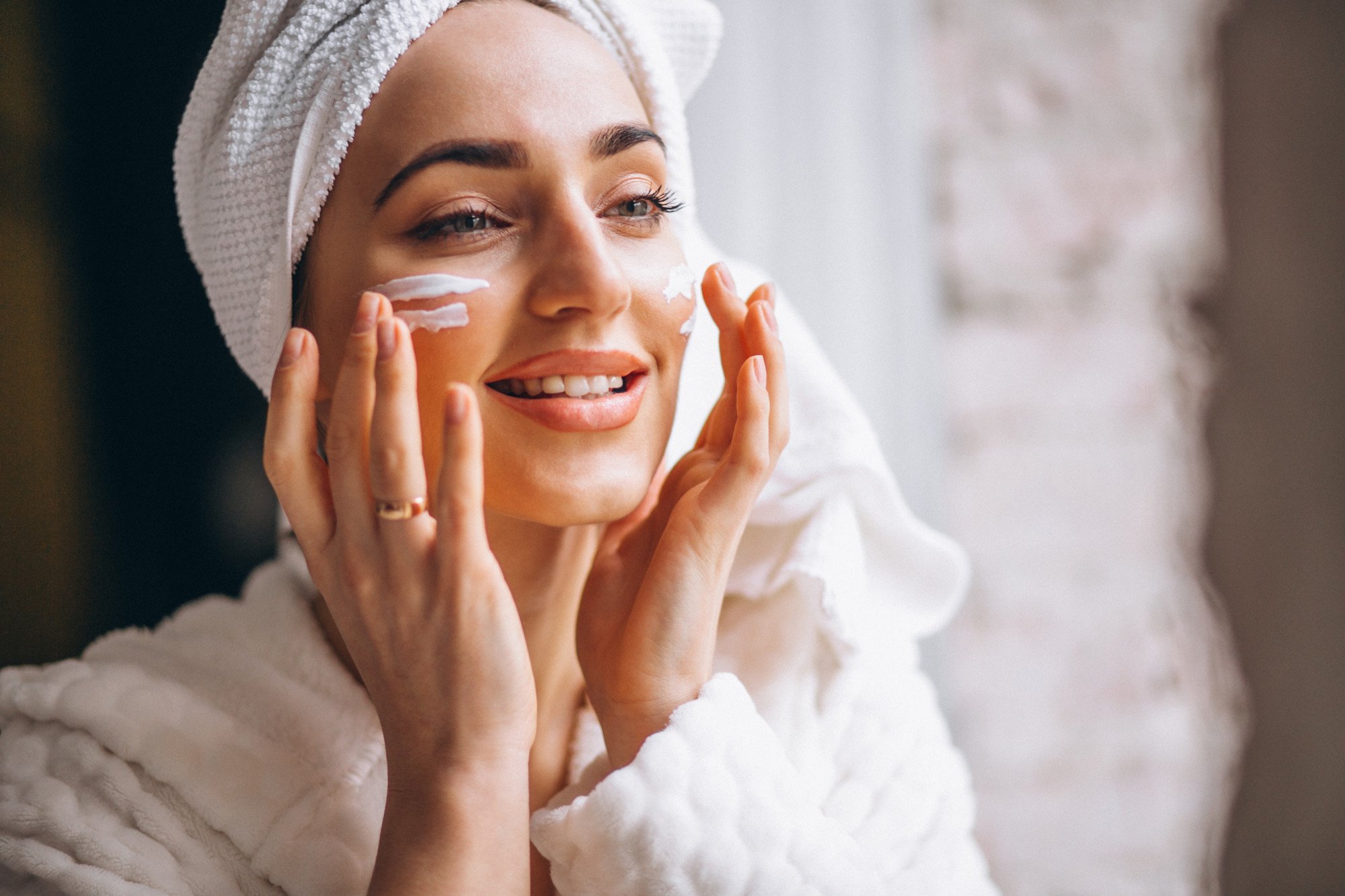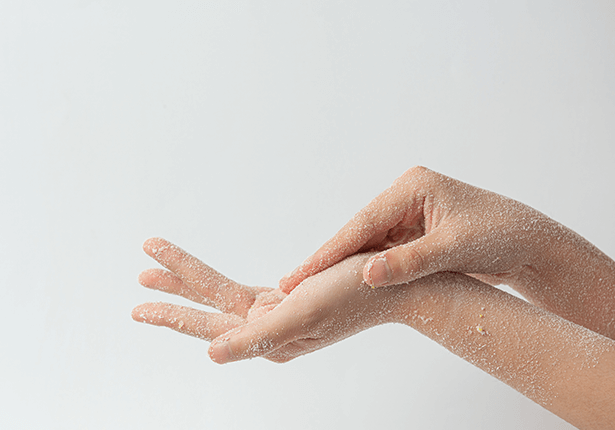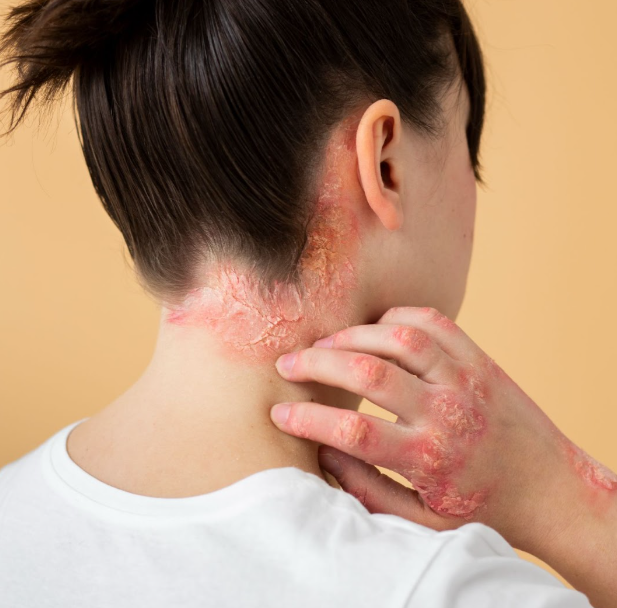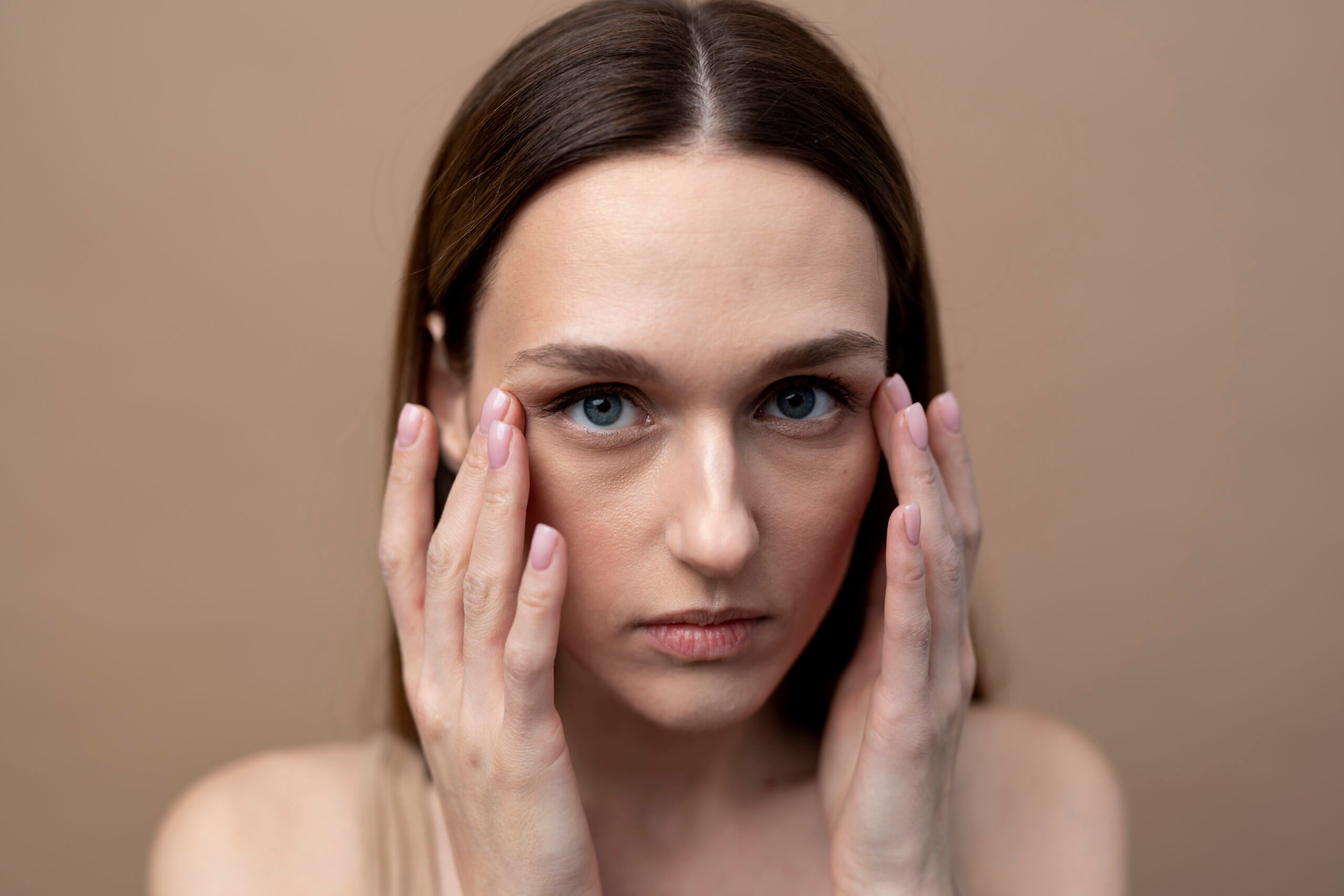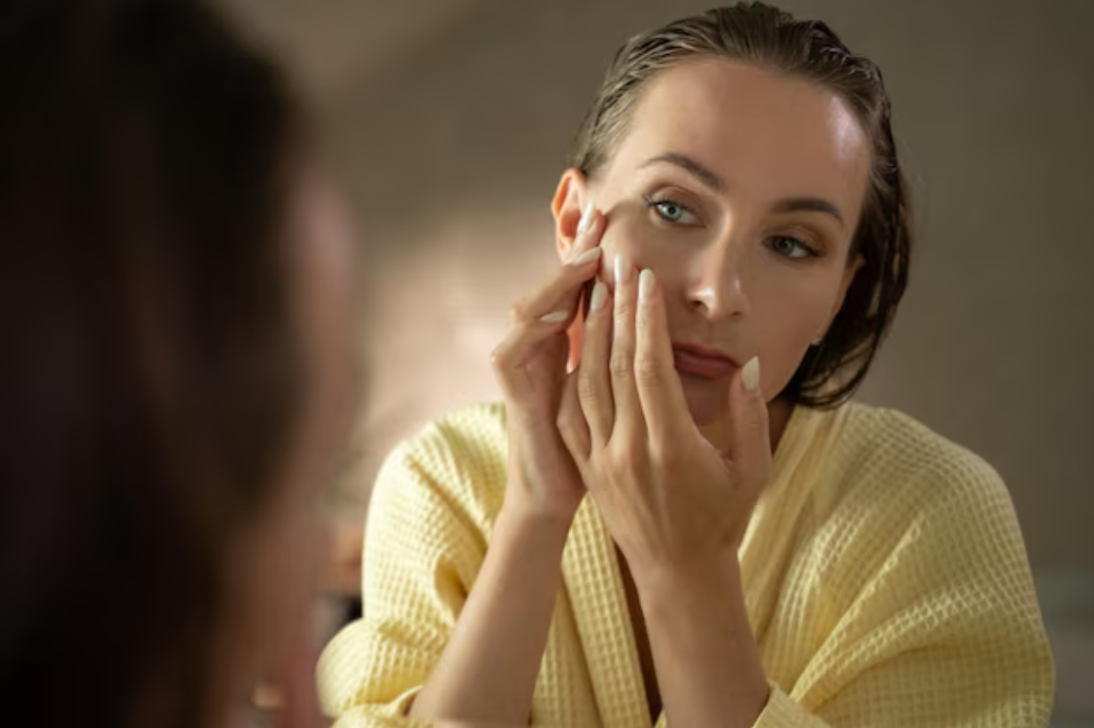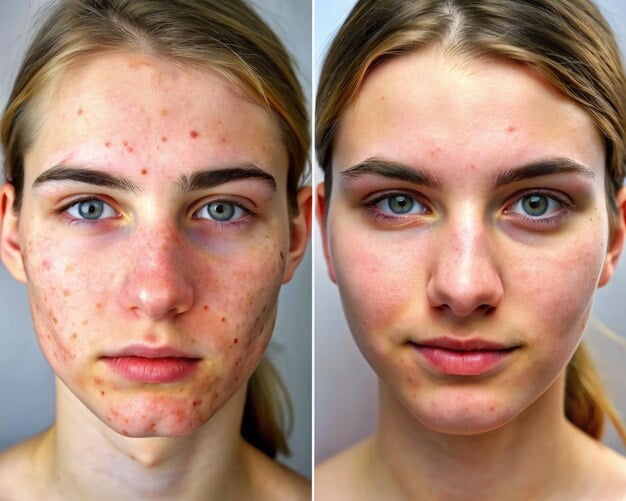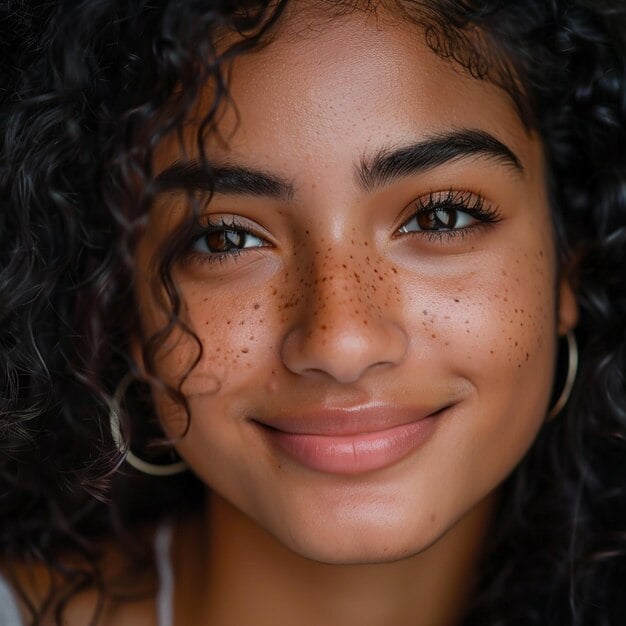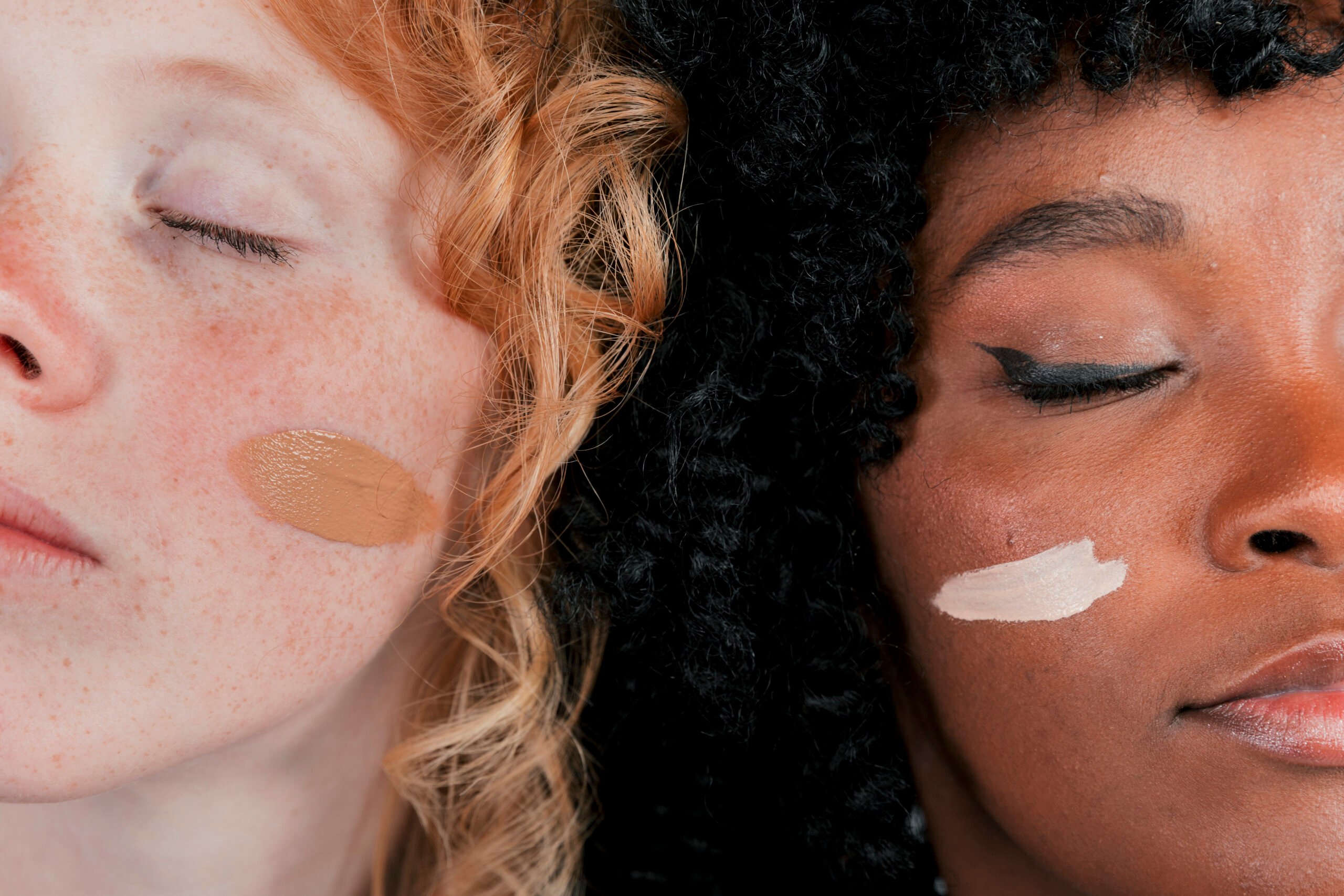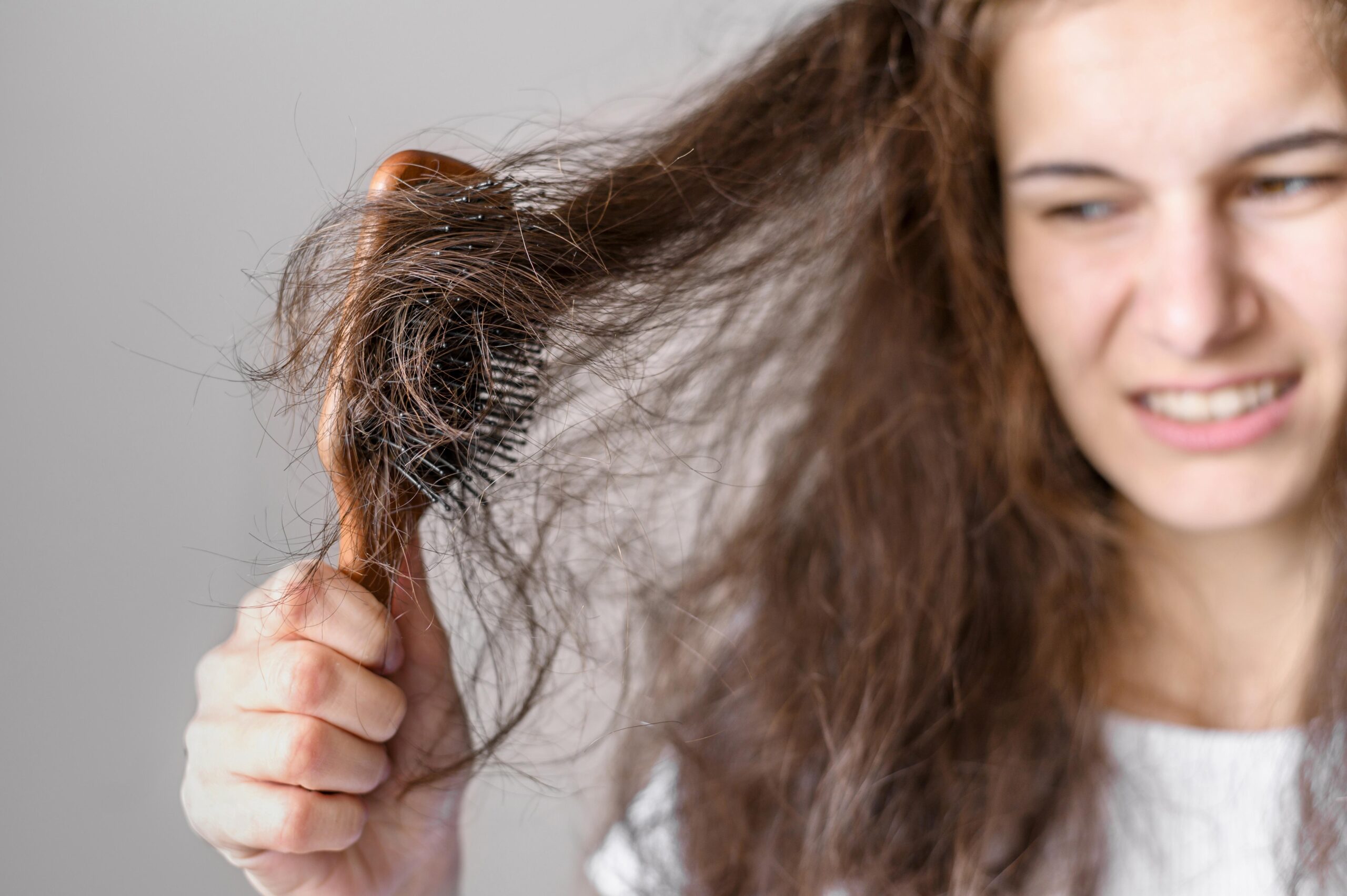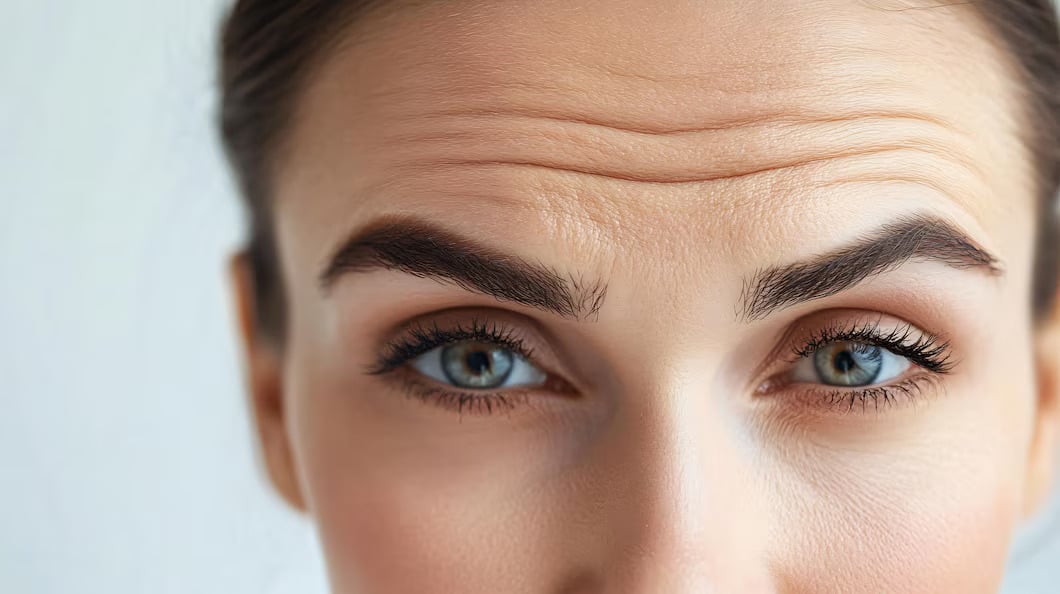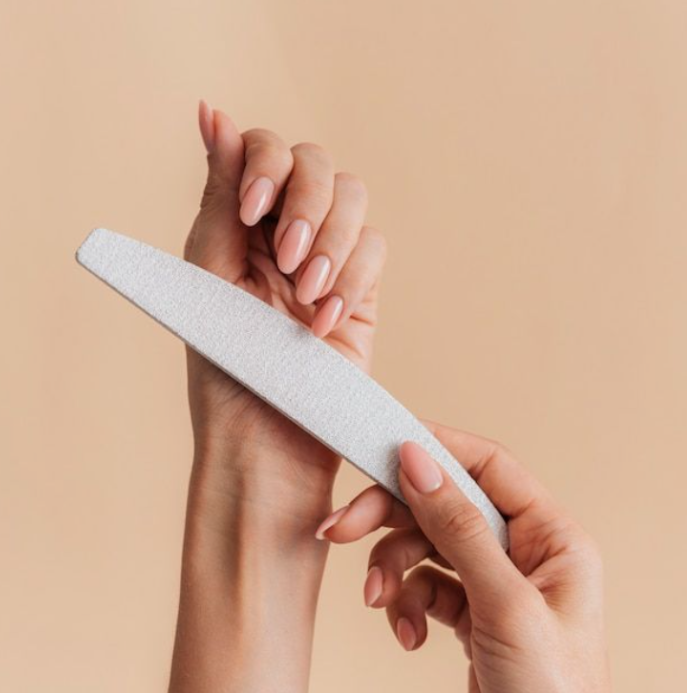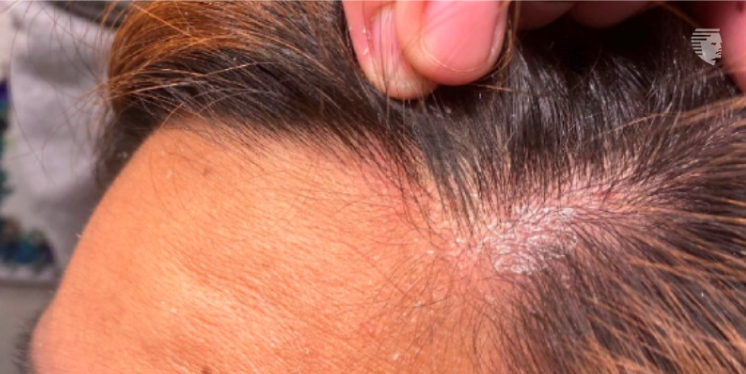Skin
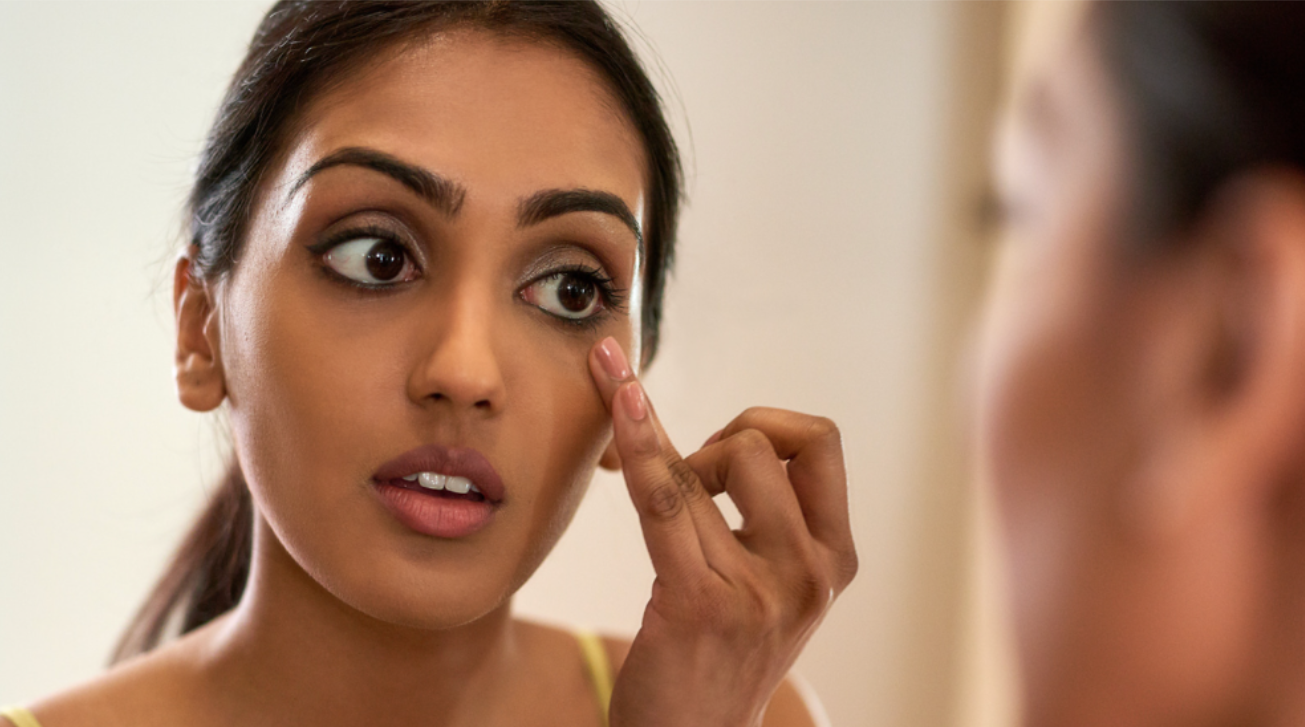
Skin
Raccoon Eyes: Causes, Treatment, and How to Get Rid of It
4 minutes read | 17 Jul 24
Ever looked in the mirror and thought, “Where did these dark circles come from?” They might remind you of a raccoon’s markings, but don’t worry; they are more common than you think. These dark patches, known as “raccoon eyes,” may seem alarming, but in most cases, they’re nothing to stress about.
In this blog, we’ll explain what causes raccoon eyes, how to treat them, and simple ways to prevent them. So, let’s dive in and help you say goodbye to those circles for good!
What are Raccoons Eyes?
Thanks to our busy lives, raccoon eyes can be caused by too much stress, lack of sleep, or even genetics. While these are common reasons for dark circles, they’re not the only culprits. Raccoon eyes can also be caused by trauma, like an unexpected bump, or even certain medical conditions.
The good news? They’re usually temporary and can be treated with the right care. Let’s explore the causes and solutions together.
Common Causes of Raccoon Eyes
Below are some of the common causes of raccoon eyes:
1. Trauma or head injury: Accidents, falls, or being hit in the face (e.g., by a ball during a game)
2. Deep bruising and injuries around the eyes: Clotting, swelling, or other superficial injuries leading to bruising around the eyes
3. Lack of sleep: Not getting enough rest can cause blood vessels under the skin to dilate, leading to dark circles.
4. Stress: High stress levels can affect your body in many ways, including contributing to dark circles.
5. Genetics: Some people are genetically predisposed to having dark circles or thinner skin around their eyes, making blood vessels more visible.
6. Allergies: Allergies can cause the blood vessels around the eyes to become inflamed, leading to dark circles.
7. Aging: As we age, the skin around the eyes becomes thinner, and the fat under the skin decreases, making dark circles more noticeable.
8. Medical conditions: Conditions like anaemia, thyroid issues, or sinus problems can sometimes lead to dark circles around the eyes.
9. Dehydration: Not drinking enough water can cause your skin to look dull and tired, making dark circles more prominent.
What Medical Conditions Cause Raccoon Eyes?
Certain medical conditions can also cause raccoon eyes. Diseases like neuroblastoma, lymphoma, and amyloidosis can result in deep dark patches around the eyes, often due to long recovery periods or the effects of treatment. These conditions can lead to raccoon eyes, regardless of genetics or diet.
Although these conditions may seem overwhelming, they are treatable. Once you've recovered, you can focus on addressing the cosmetic effects, like raccoon eyes, and explore effective treatments to restore your appearance.
How To Get Rid of Raccoon Eyes?
Professional treatments like dermal fillers, laser therapy, or chemical peels can offer more lasting solutions. Additionally, improving sleep habits, staying hydrated, and reducing stress can help prevent future occurrences. A consistent skincare routine, including sunscreen to prevent sun damage, also aids in reducing dark circles over time.
Complications of not Treating Raccoon Eyes
If raccoon eyes are left untreated, they can worsen and cause permanent discoloration or skin damage. The underlying condition may continue to cause health issues, and persistent dark circles can negatively impact self-esteem and confidence. Timely treatment is essential to prevent long-term cosmetic effects and manage the root cause effectively.
How to prevent raccoon eyes?
To prevent raccoon eyes, focus on stress management, adequate sleep, and hydration. Protect your skin with SPF, avoid smoking and excessive alcohol, and seek medical attention if you've experienced a facial injury. A balanced diet promotes skin health and may help reduce the risk of dark circles.
Time to Say Goodbye to Raccoon
To wrap it up, raccoon eyes are a common but treatable concern. Whether caused by stress, lack of sleep, or an injury, there are plenty of ways to address them. Professional treatments like dermal fillers or laser therapy can offer more lasting solutions. For personalized care, book an appointment at Bodycraft today and let our experts help you get your confidence back.
FAQs
Will raccoon eyes go away?
Yes, they heal on their own but may need a bit of help. Raccoon eyes, if caused by trauma, can take longer to heal naturally and may never fade away completely.
What deficiency causes raccoon eyes?
Raccoon eyes can be caused by a lack of iron. If you don’t have enough iron, you can get dark circles. Add spinach and beans to your diet moreover, if you’re not getting enough sleep or are feeling fatigued and worn out, that too may cause dark circles.
Is raccoon eyes serious?
Mostly, it’s not serious. Just looks annoying. But if they suddenly appear and you don’t hit your head, talk to a doctor. Make sure everything’s okay.
Are raccoon eyes permanent?
Raccoon eyes and dark circles are similar but not exactly the same; raccoon eyes typically refer to dark bruising around the eyes, often caused by trauma or injury, while dark circles are usually caused by fatigue, genetics, or other lifestyle factors.
How long does it take for raccoon eyes to go away?
The time it takes for raccoon eyes to heal depends on the cause; for trauma, it can take a few days to a few weeks, while other causes, like medical conditions,s may take longer.
Cost of dermal fillers for raccoon eyes?
Dermal fillers for raccoon eyes typically start at INR 22,000 at Bodycraft, with prices ranging up to ₹1,00,000. While pricier than OTC treatments, they are highly effective for stubborn dark circles and raccoon eyes.
Related categories
Get a complimentary consultation today. Book now







































.png)

























-1.png)

